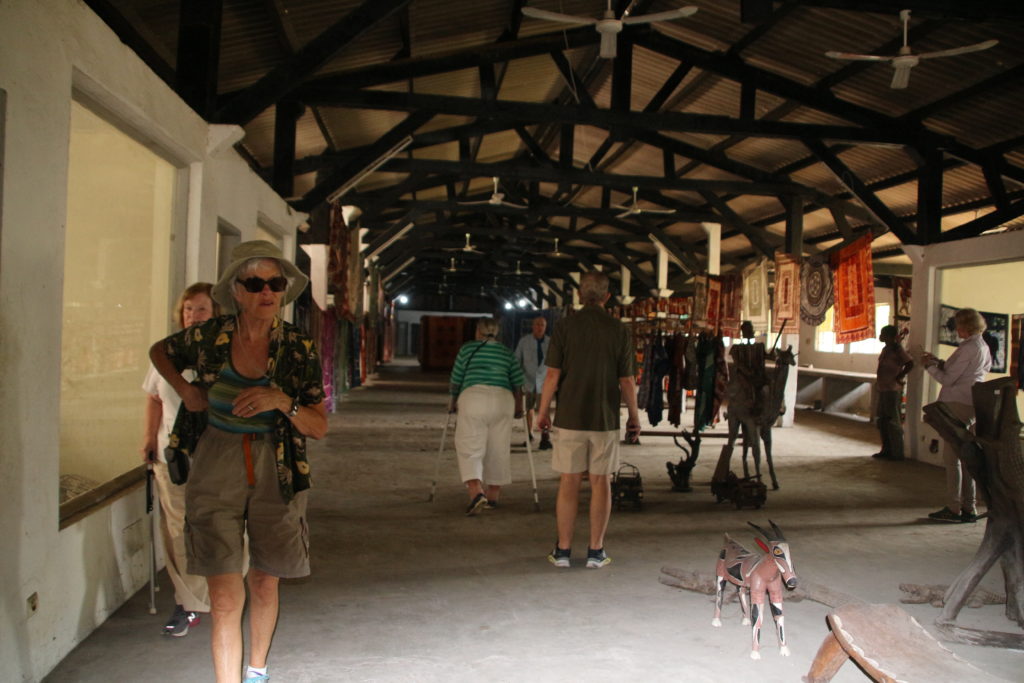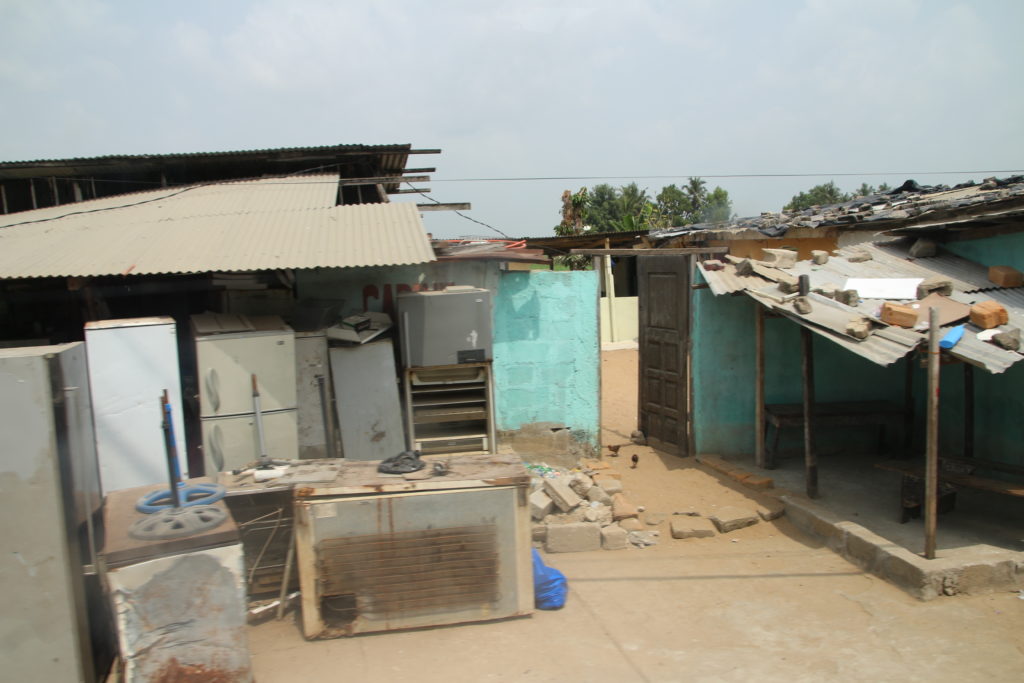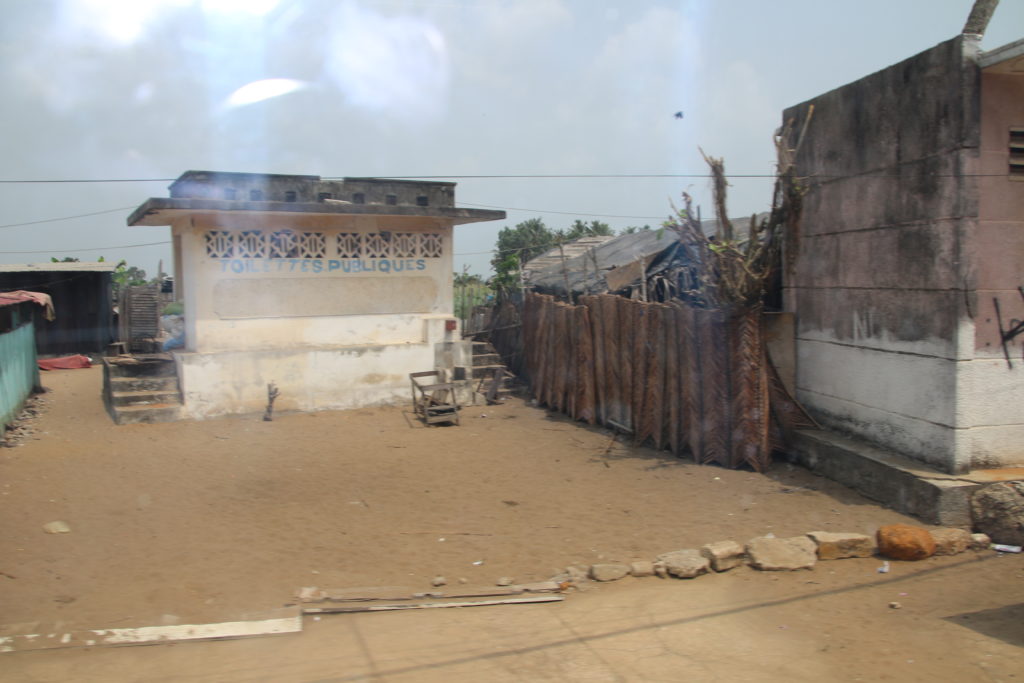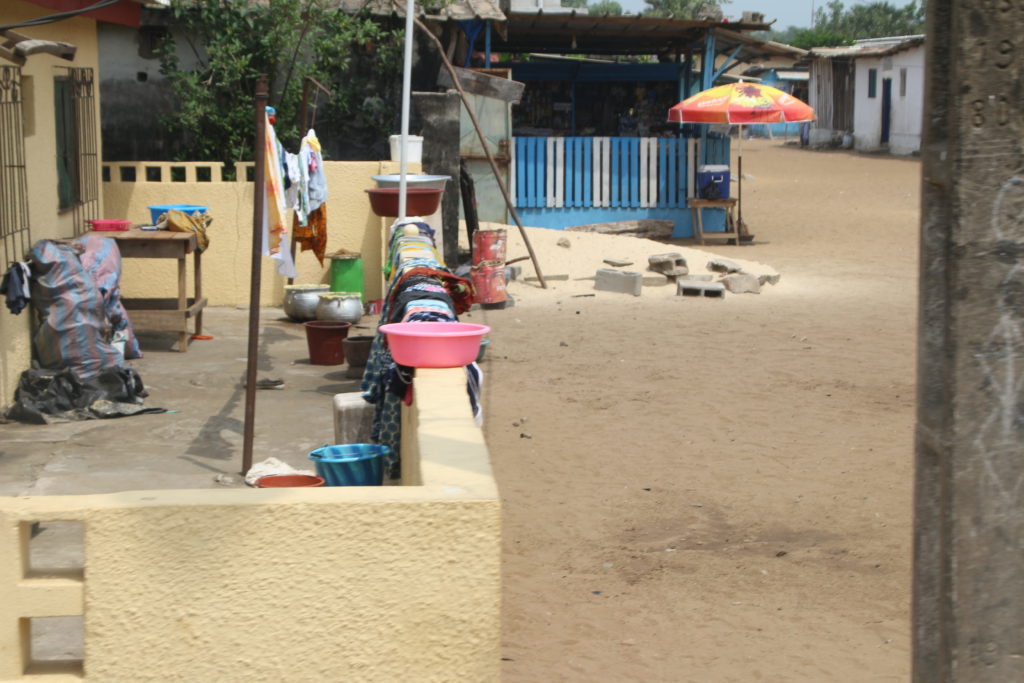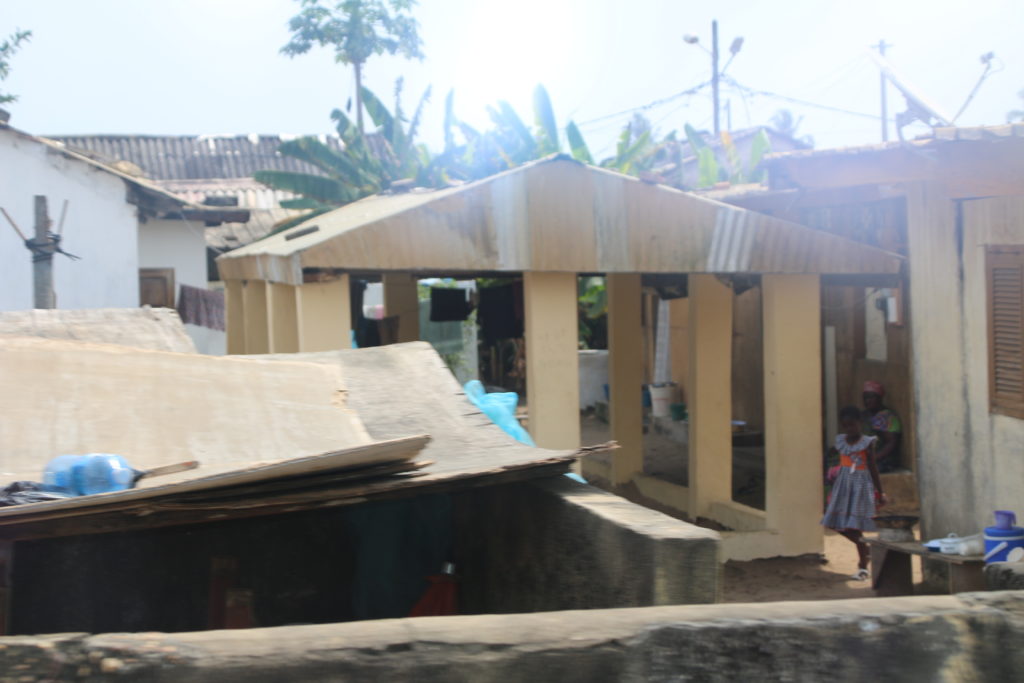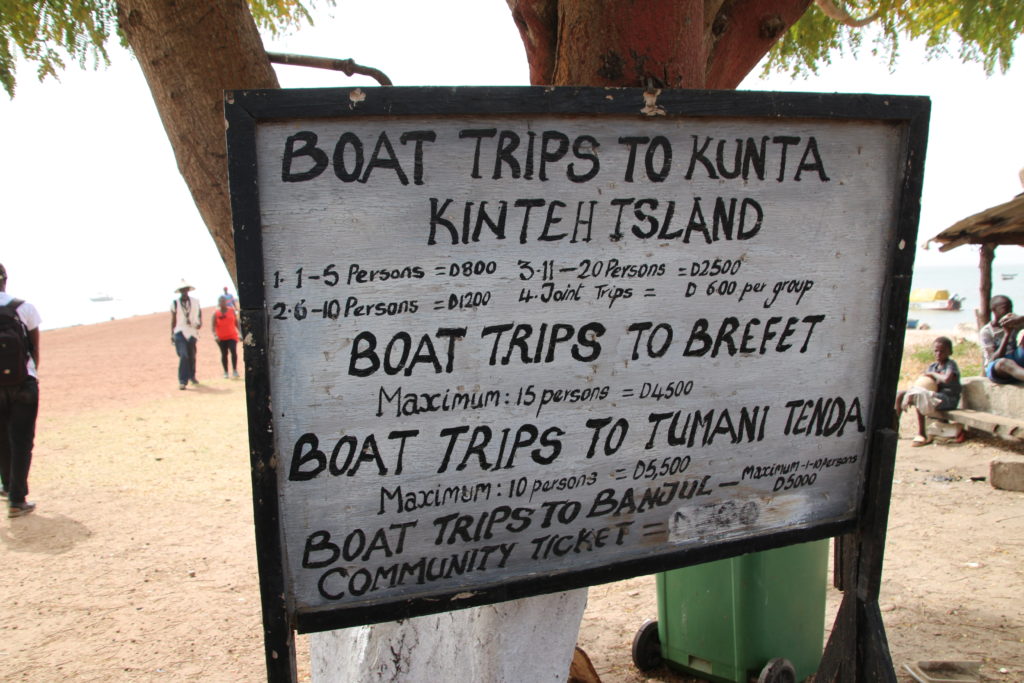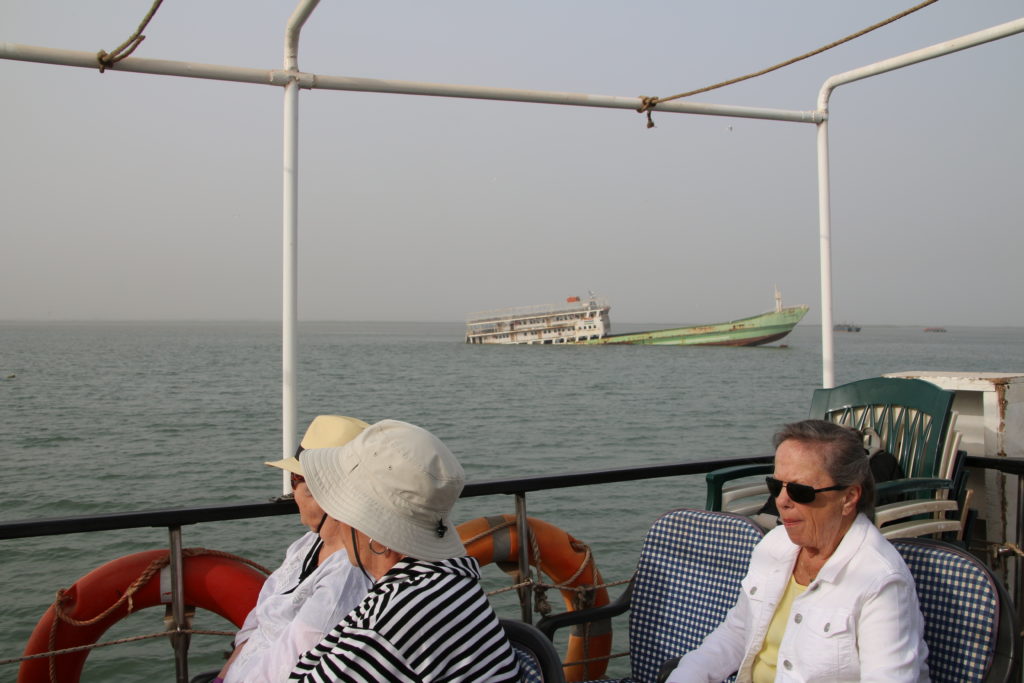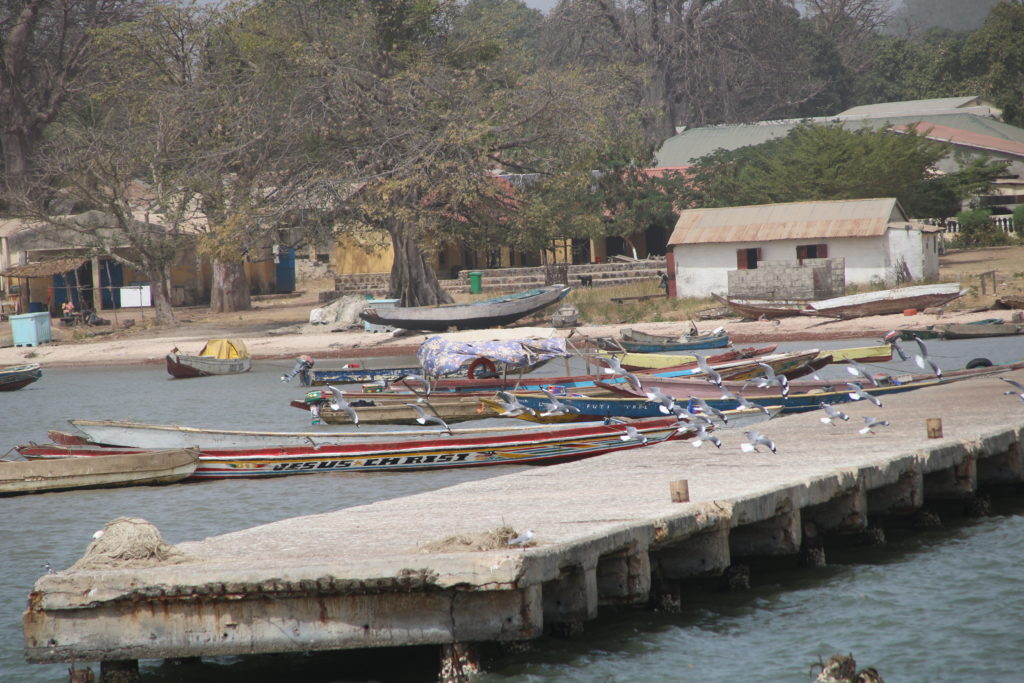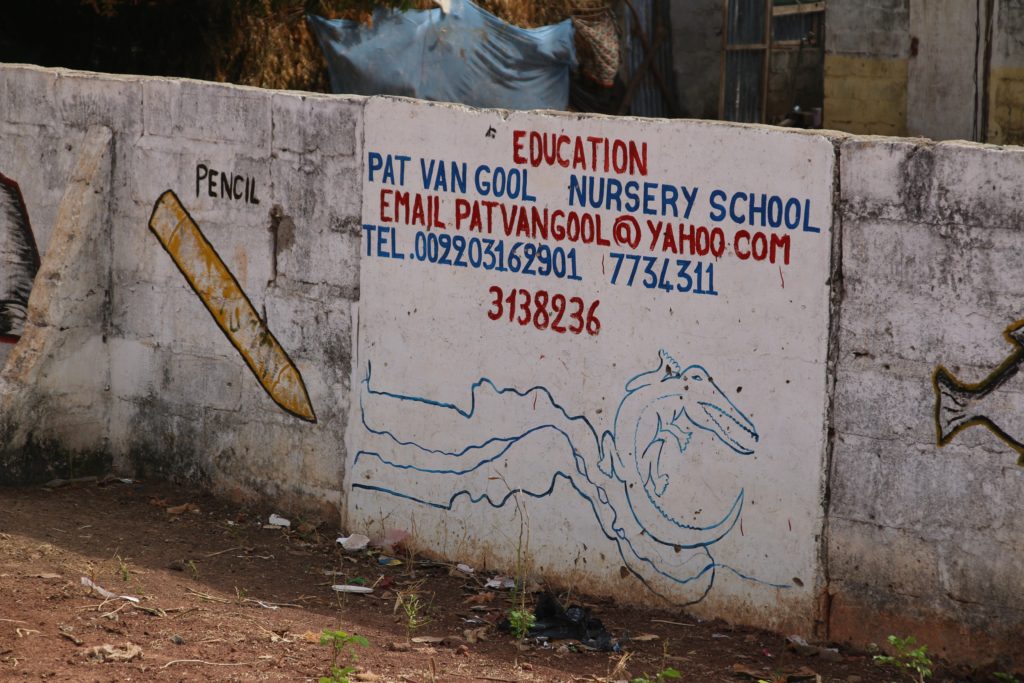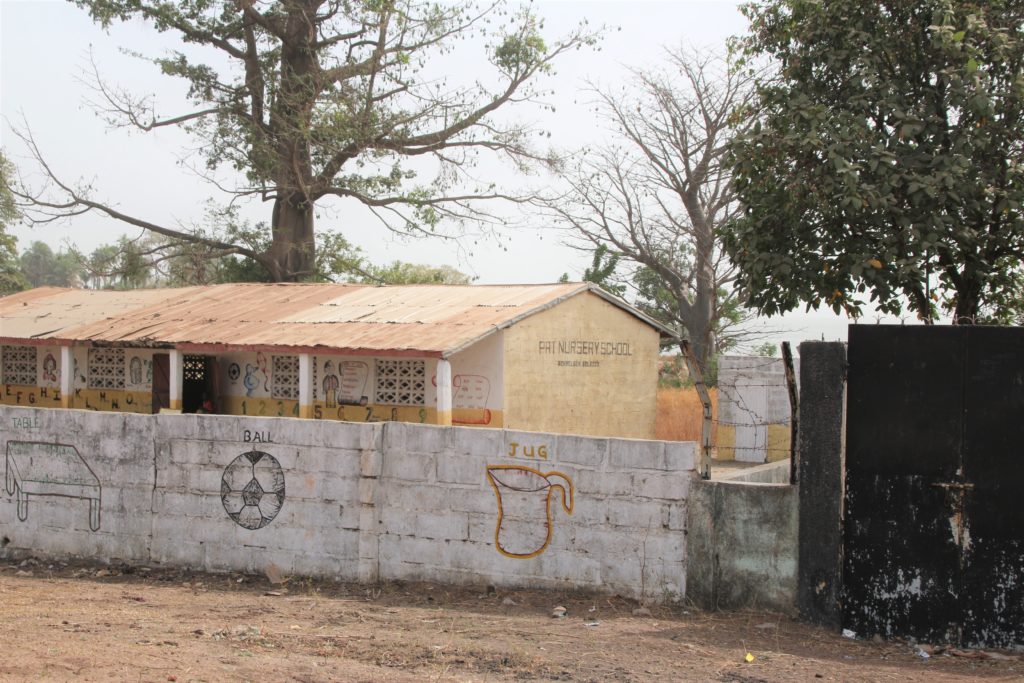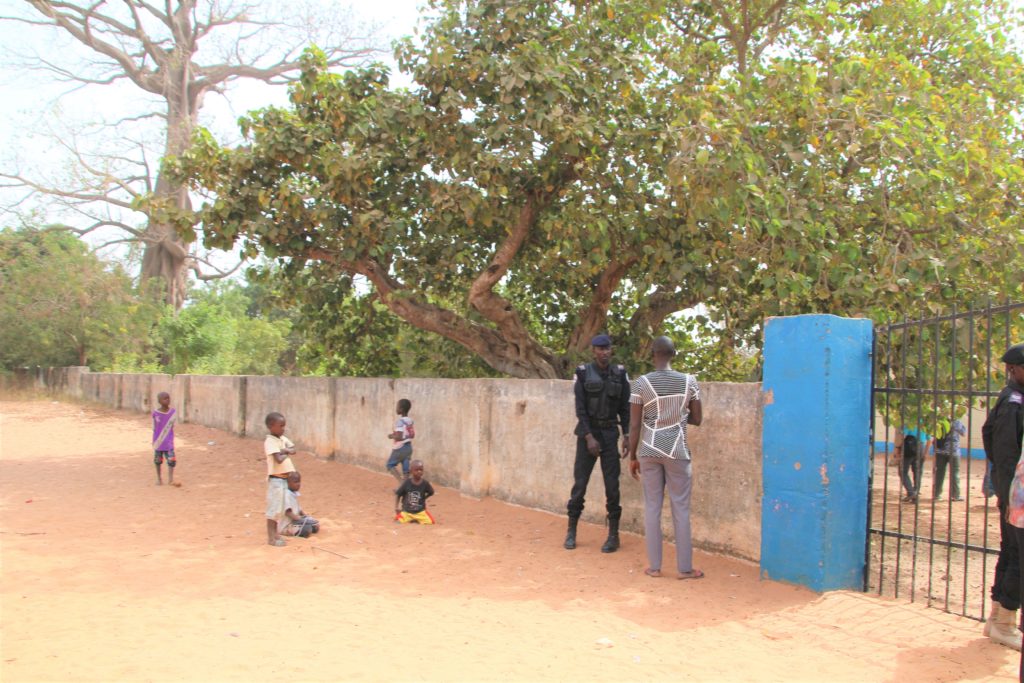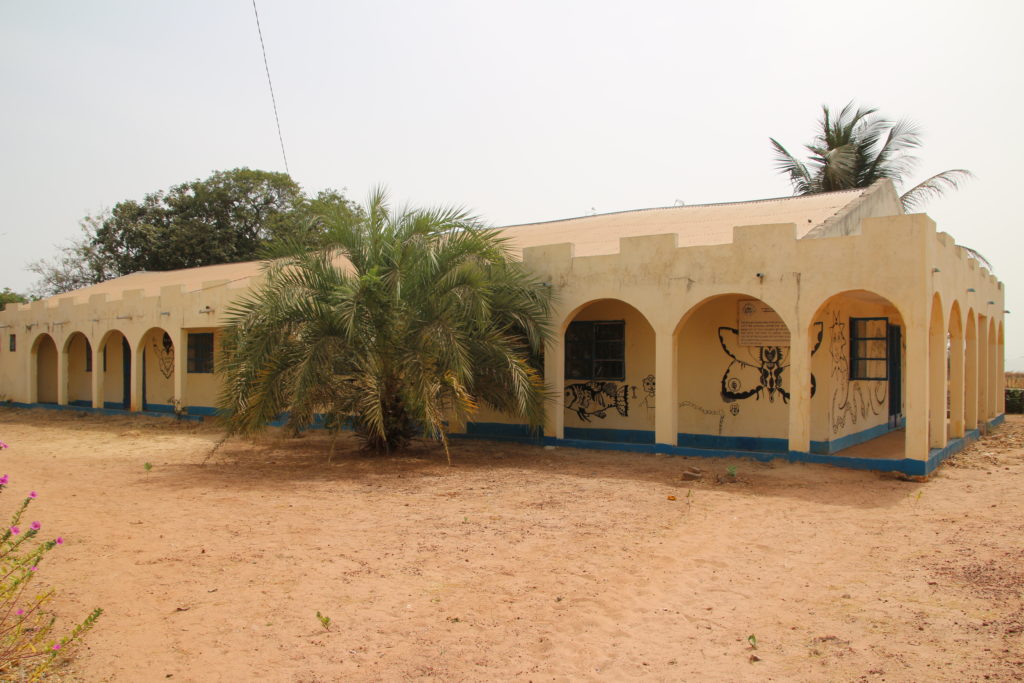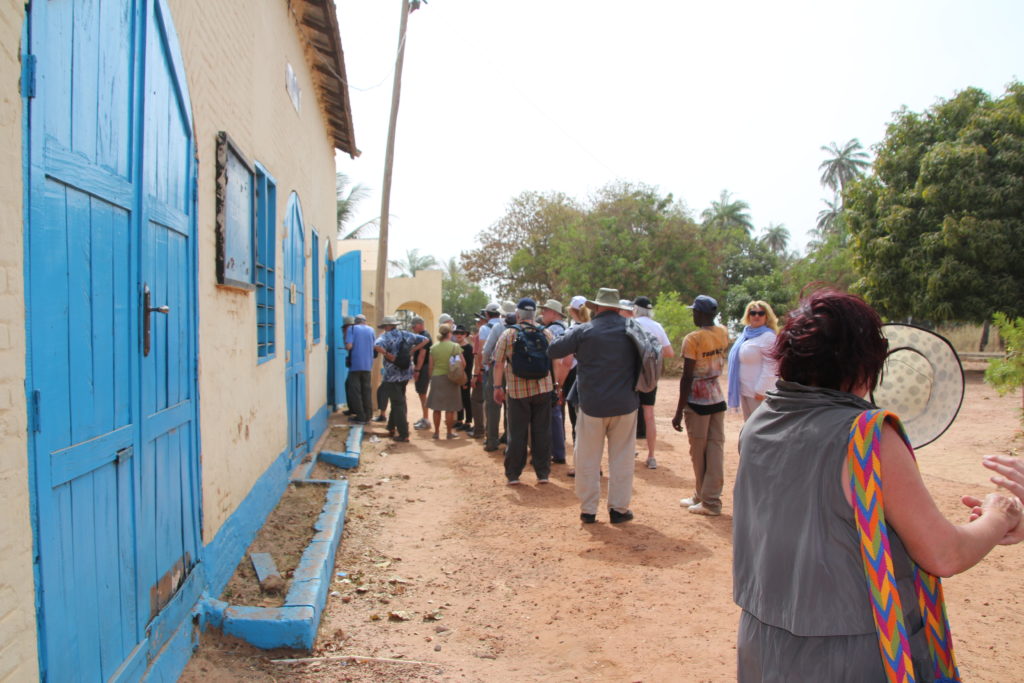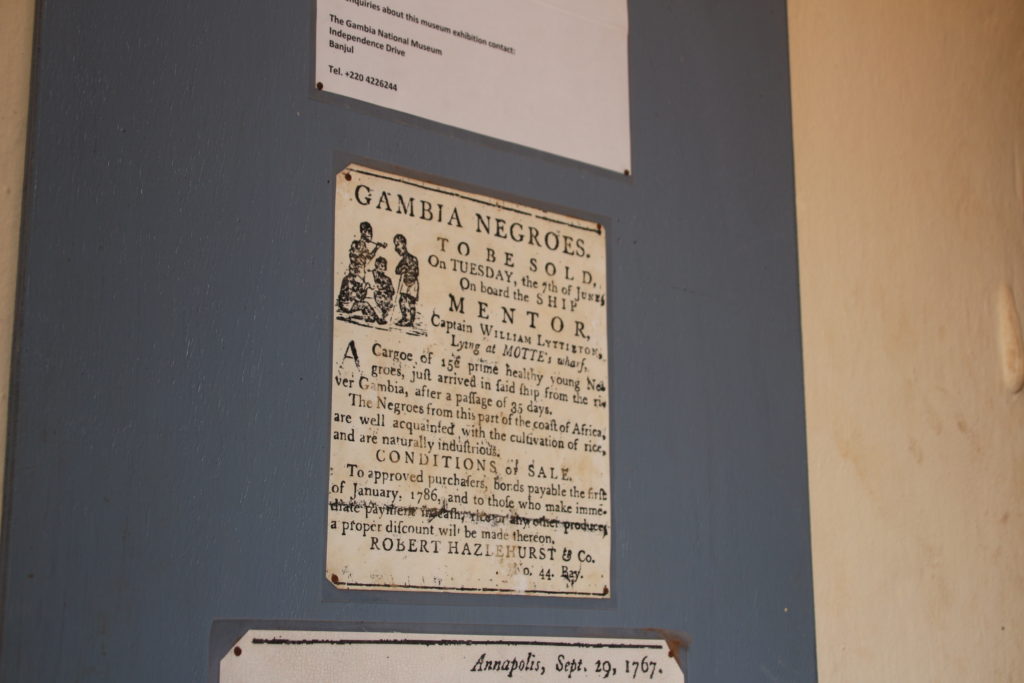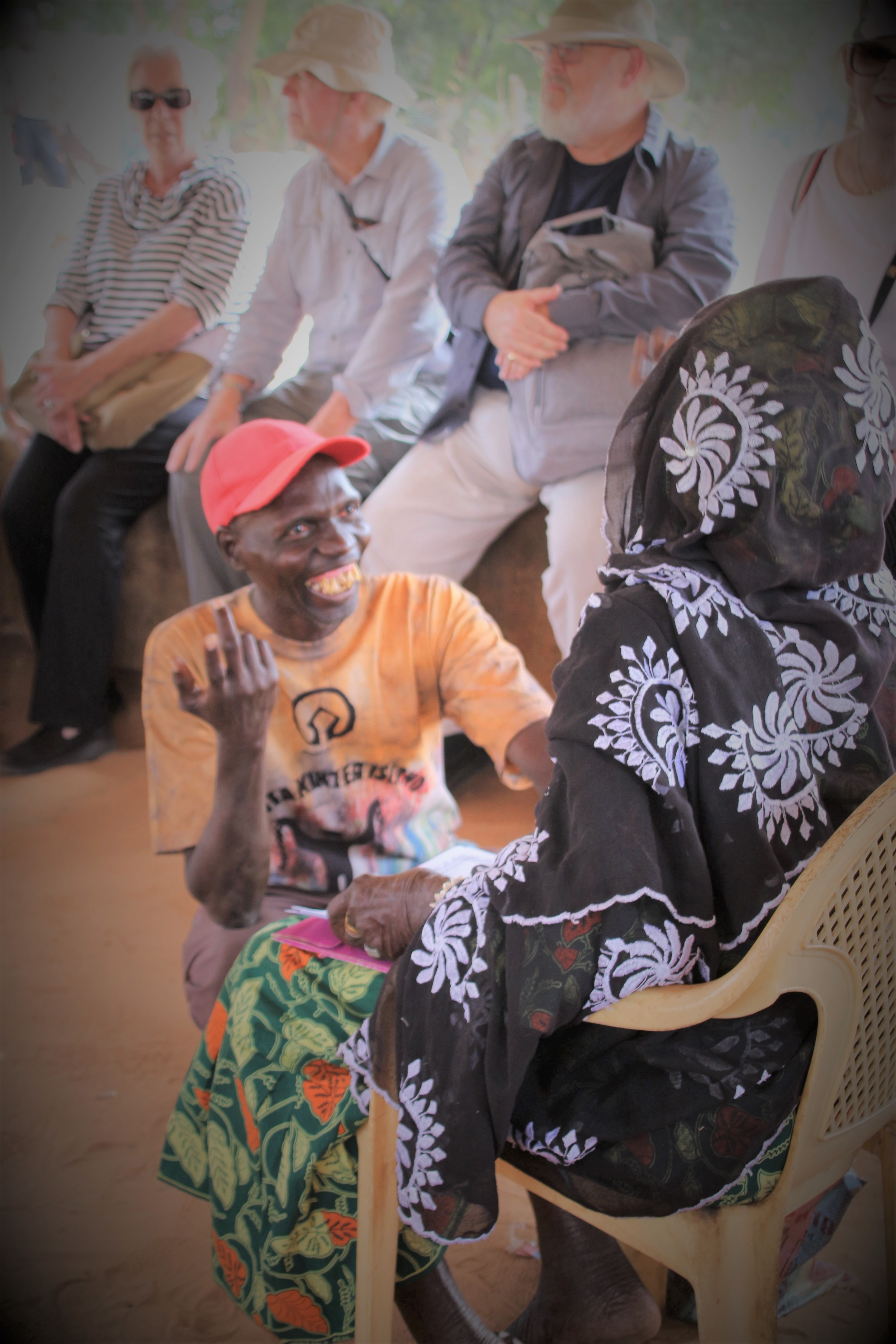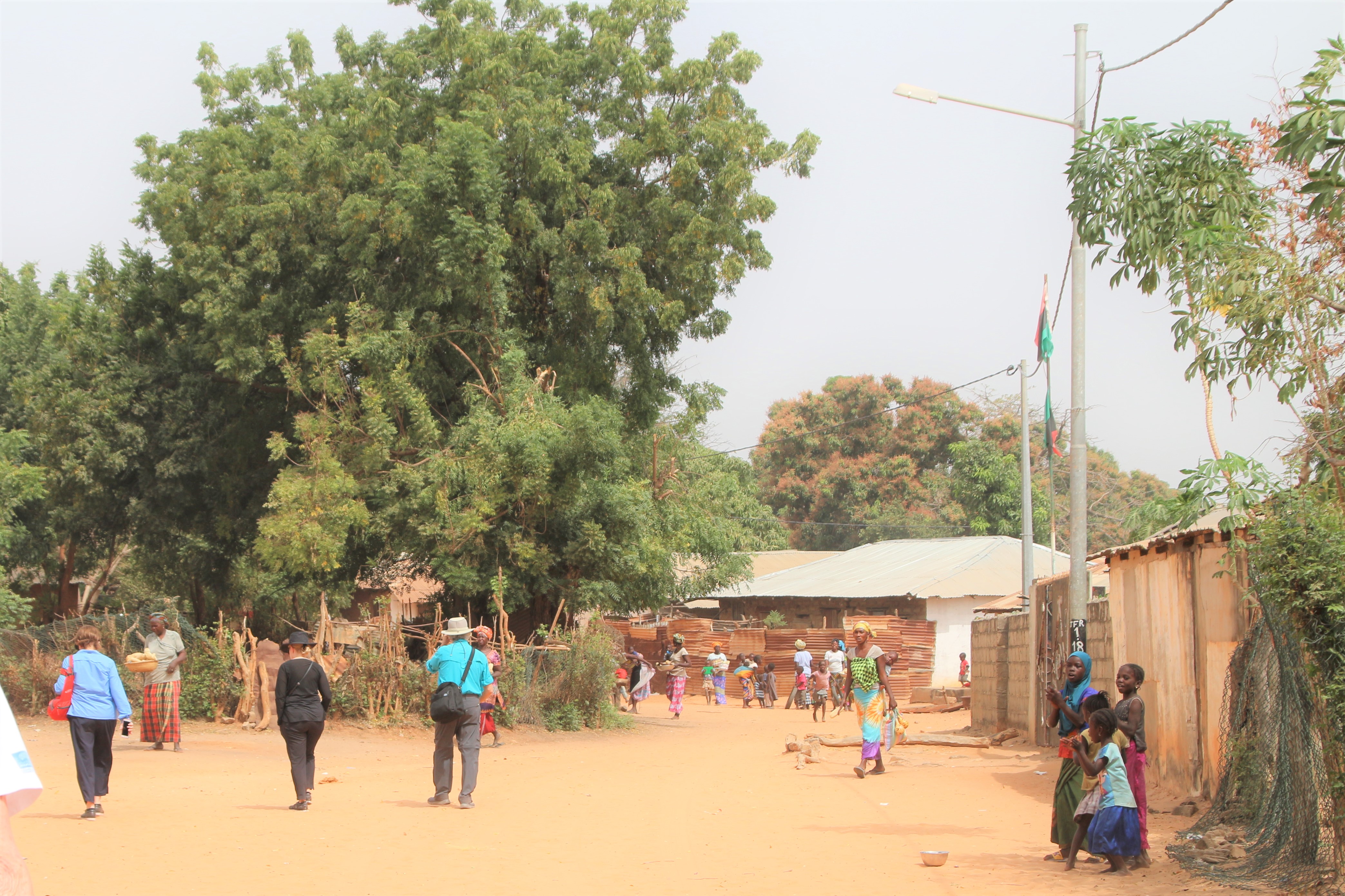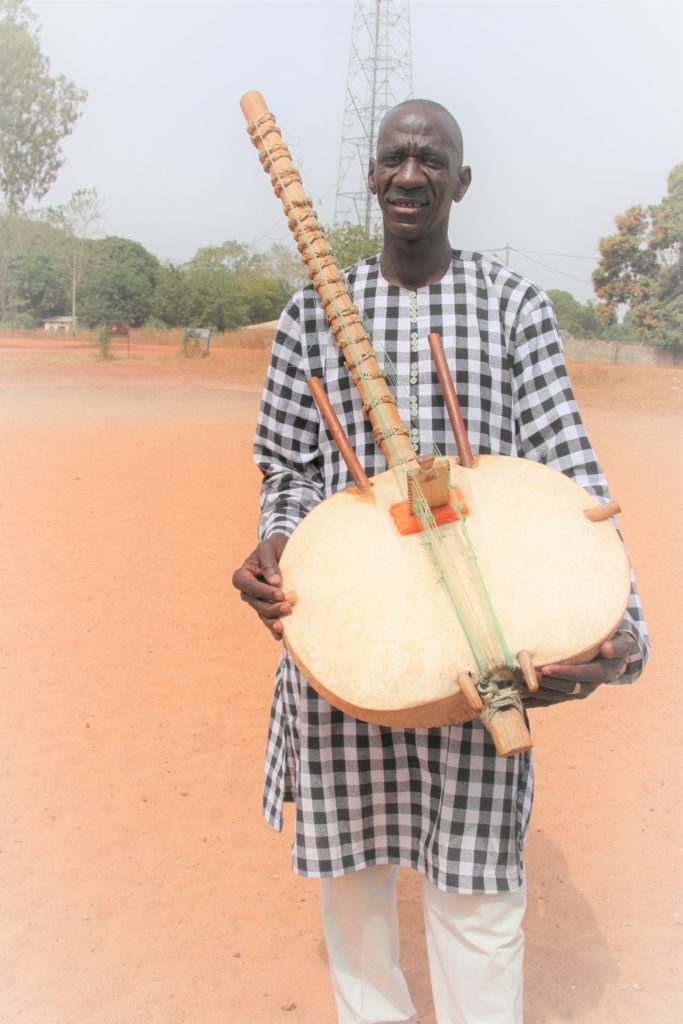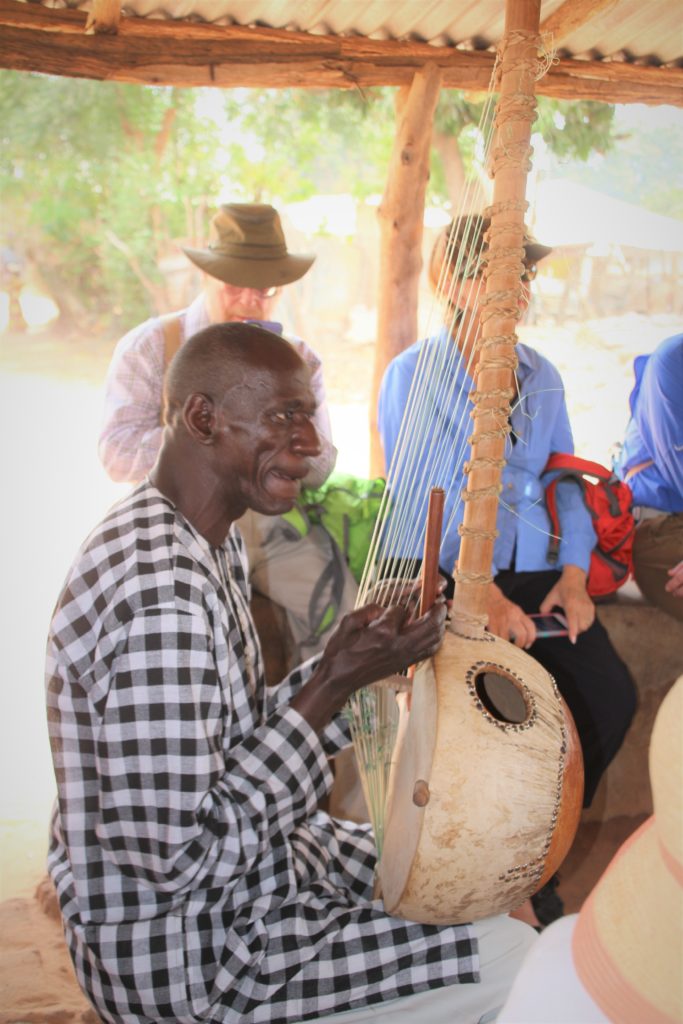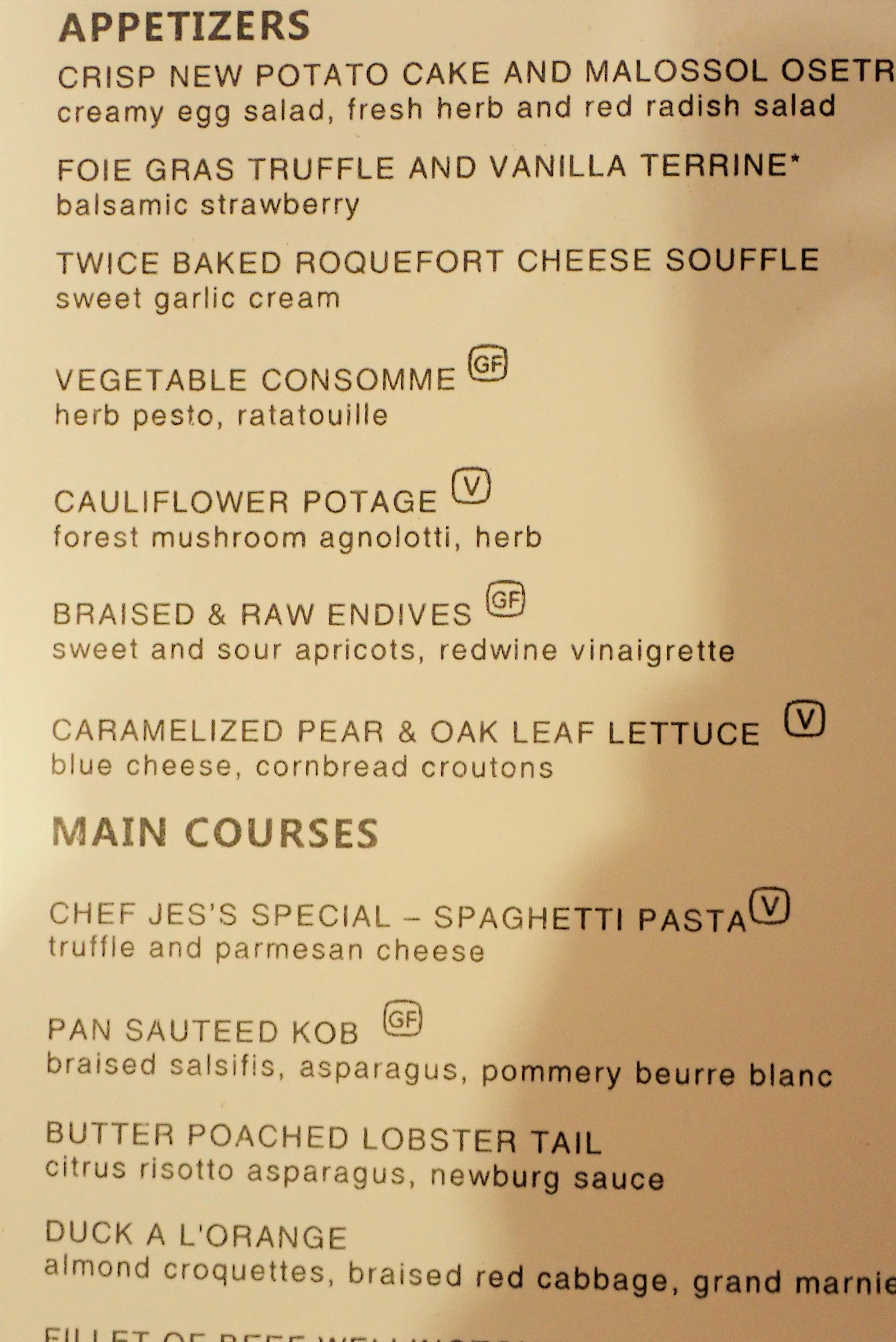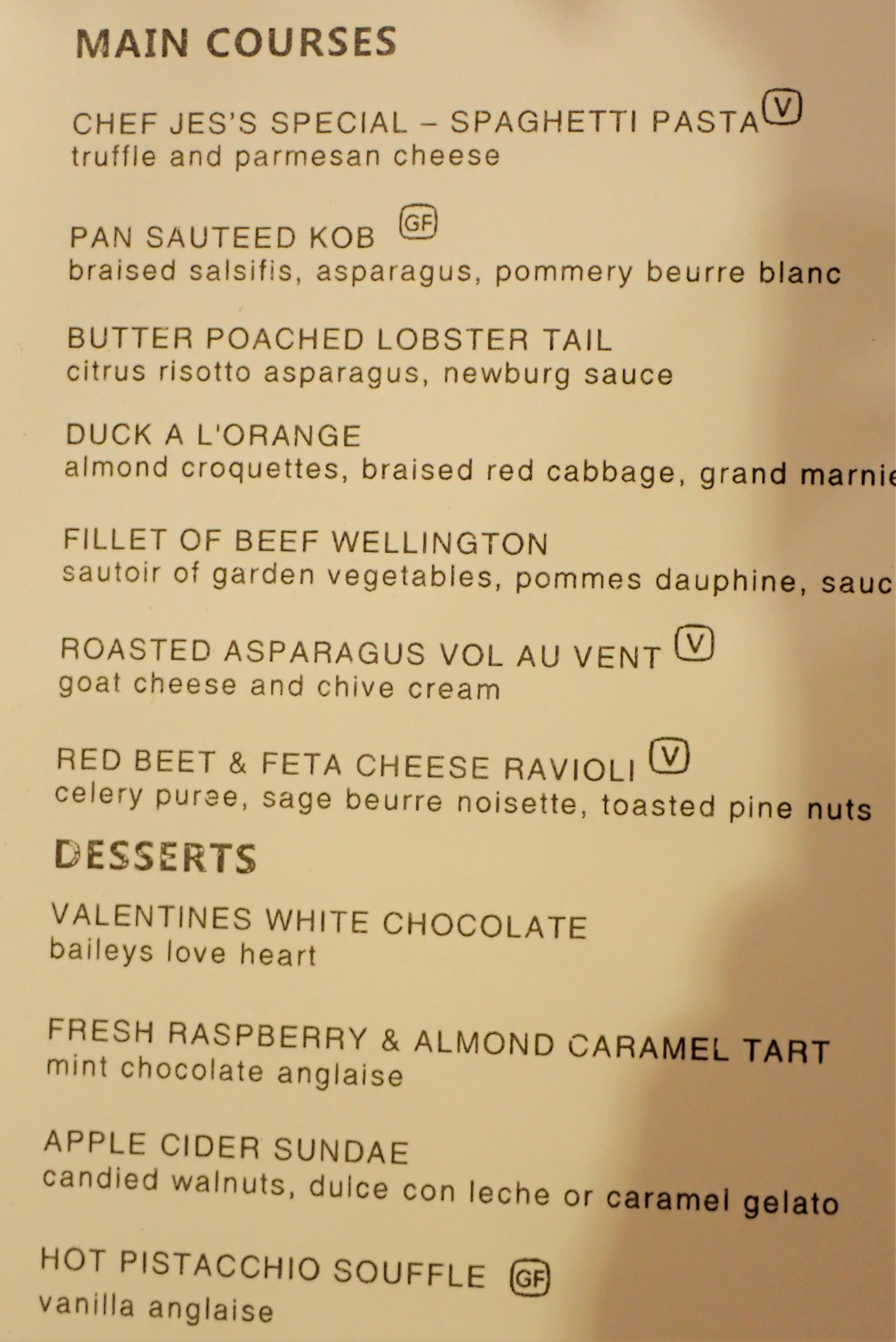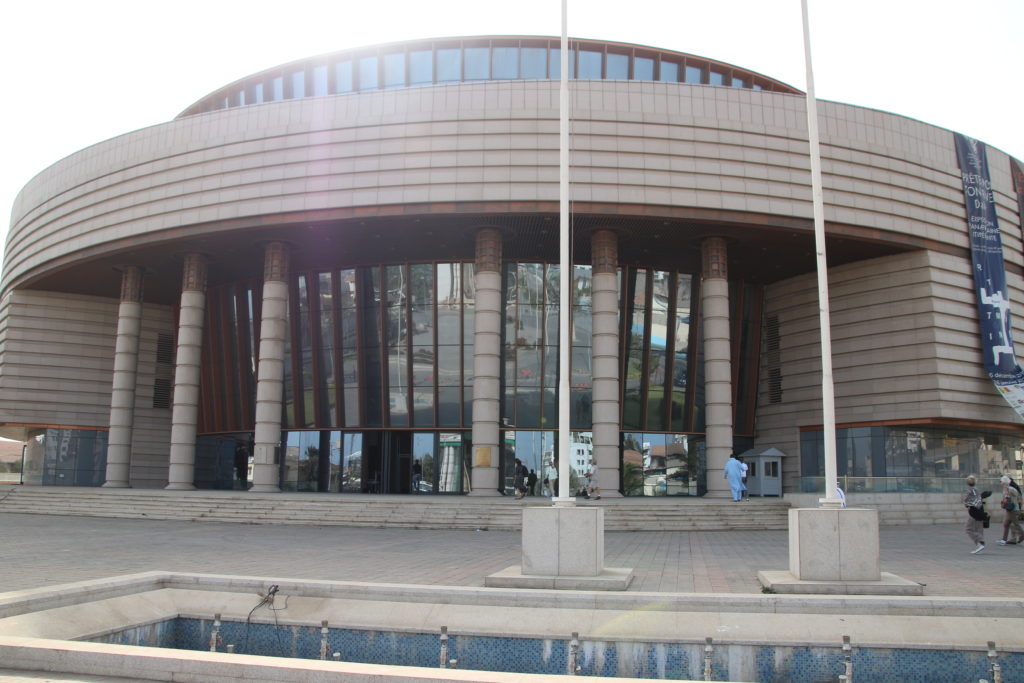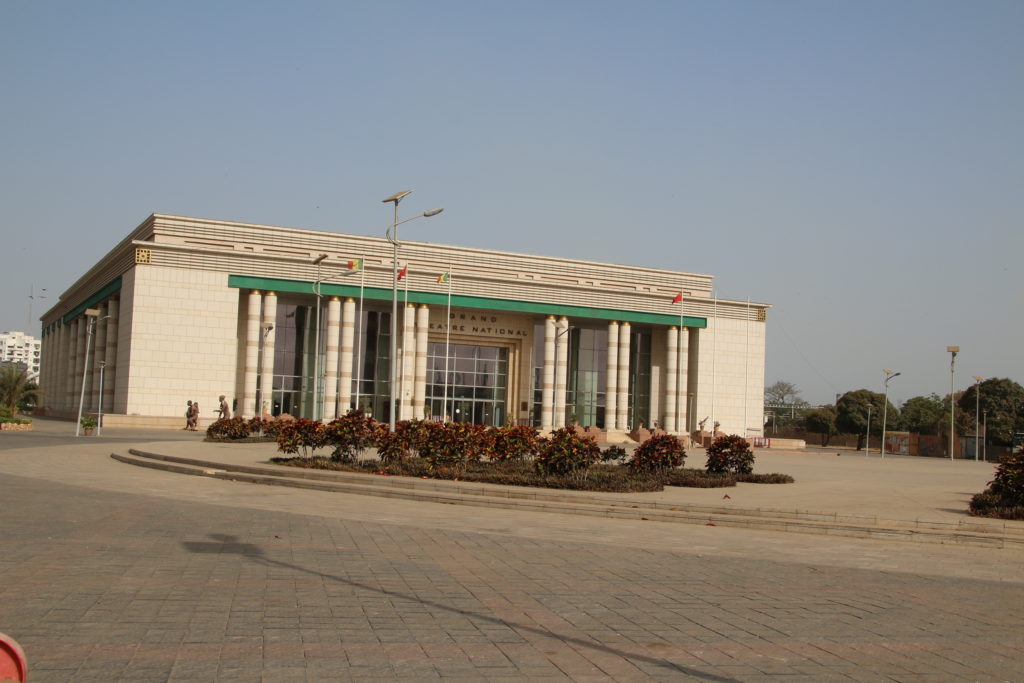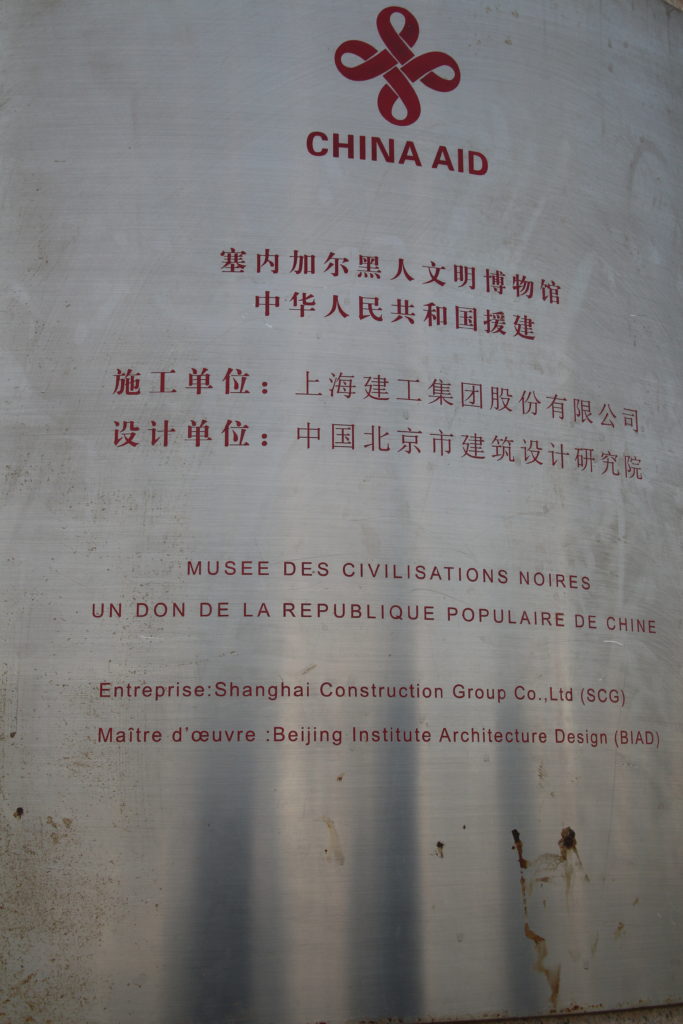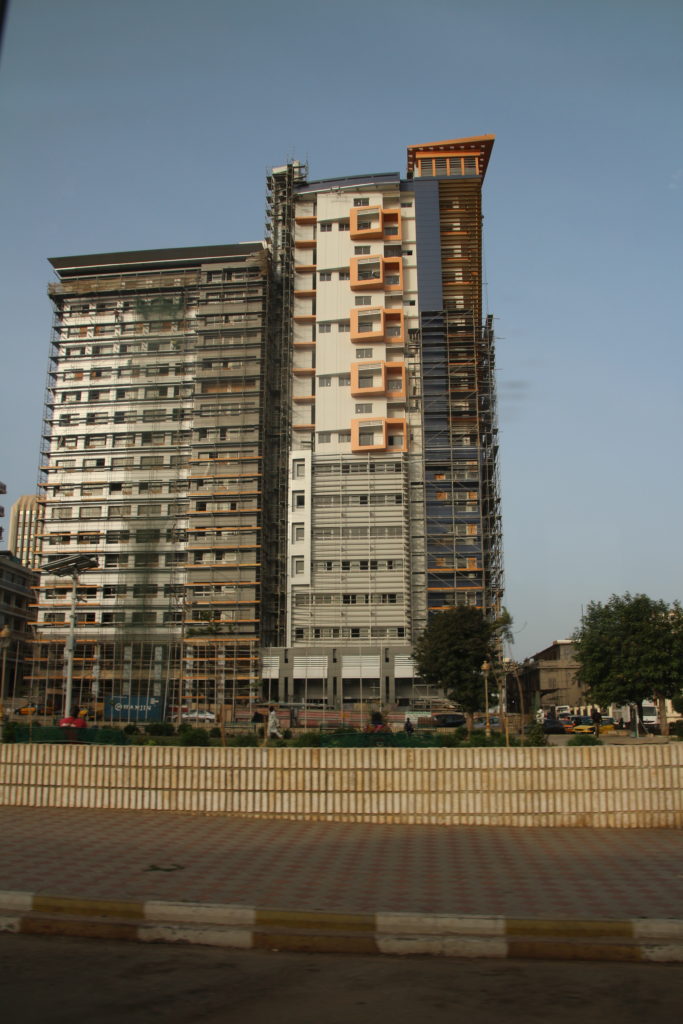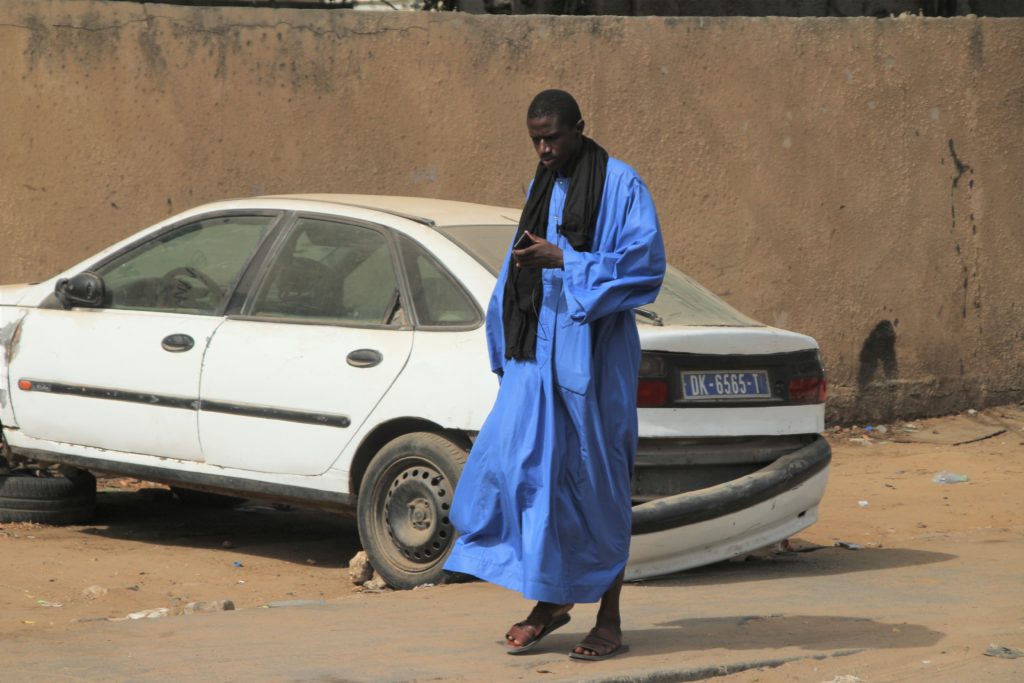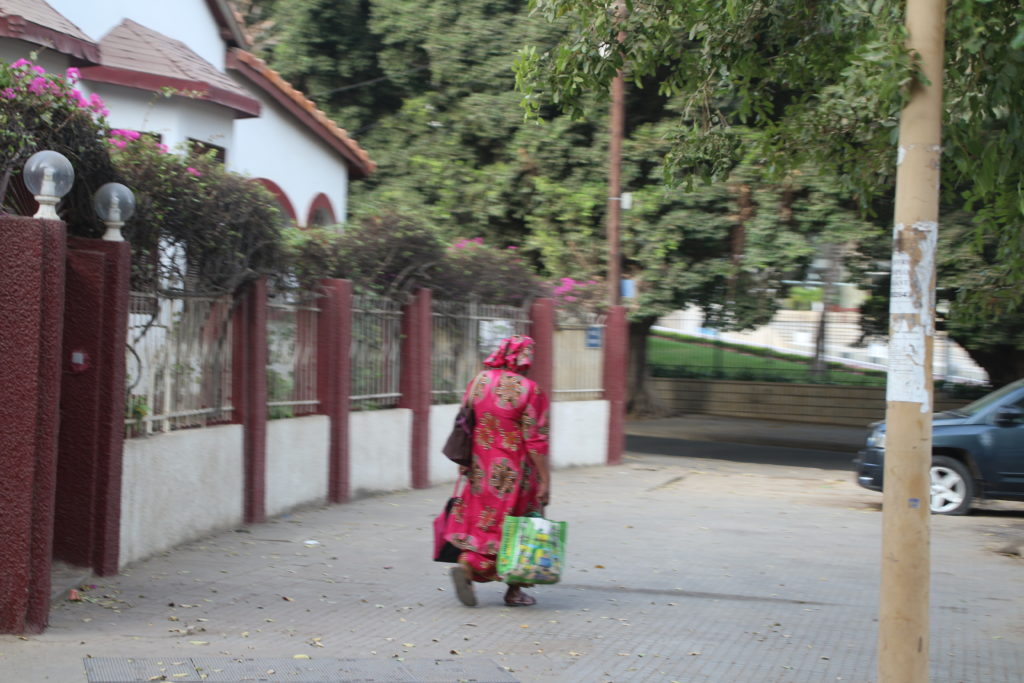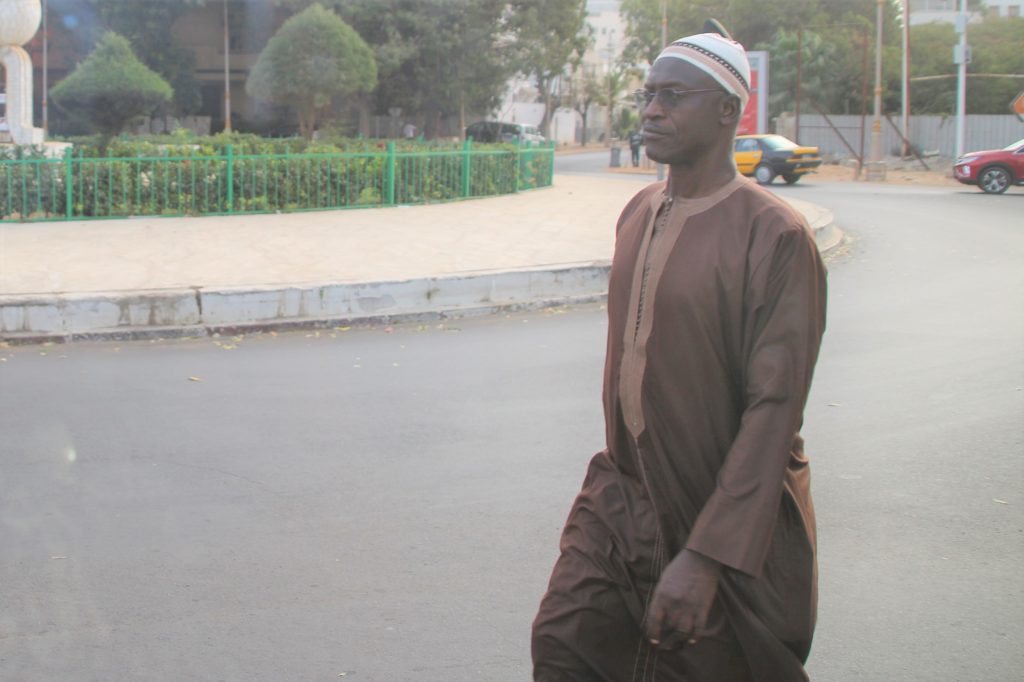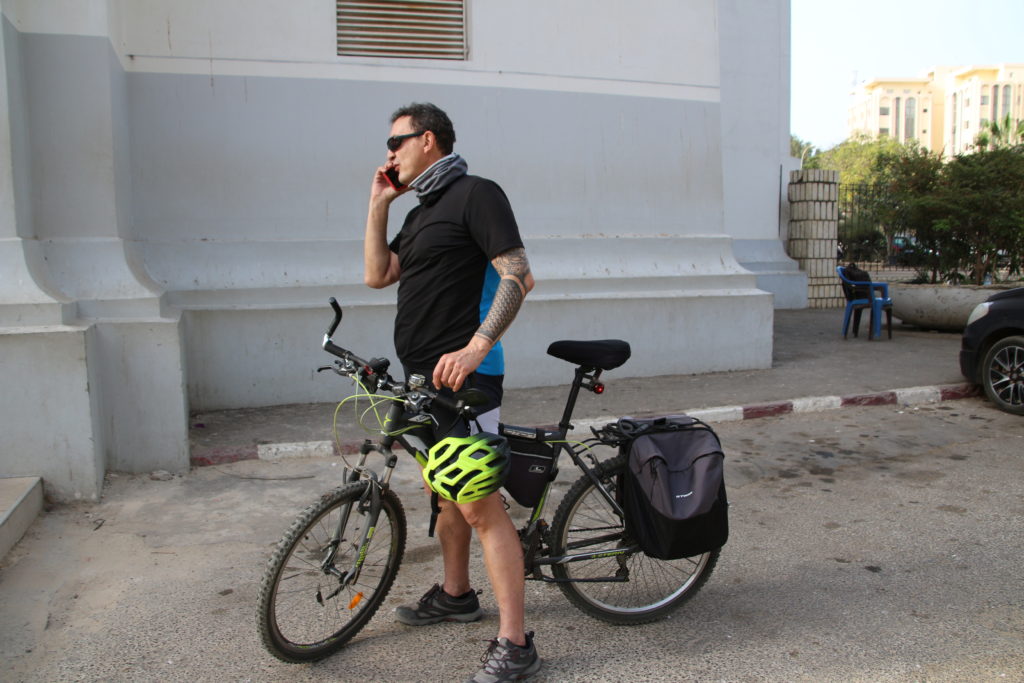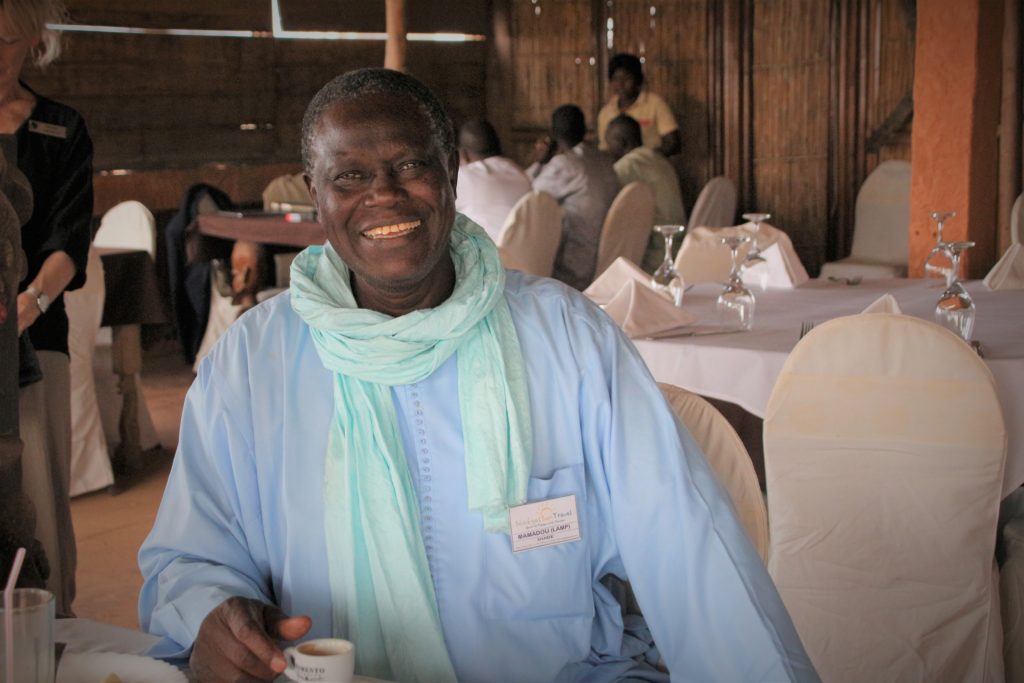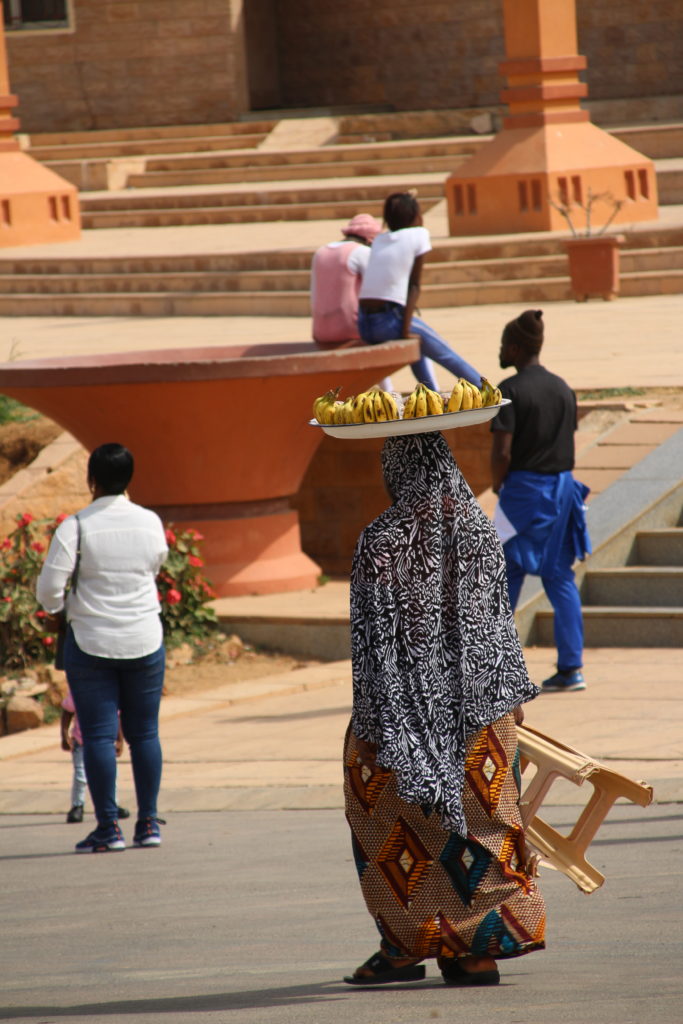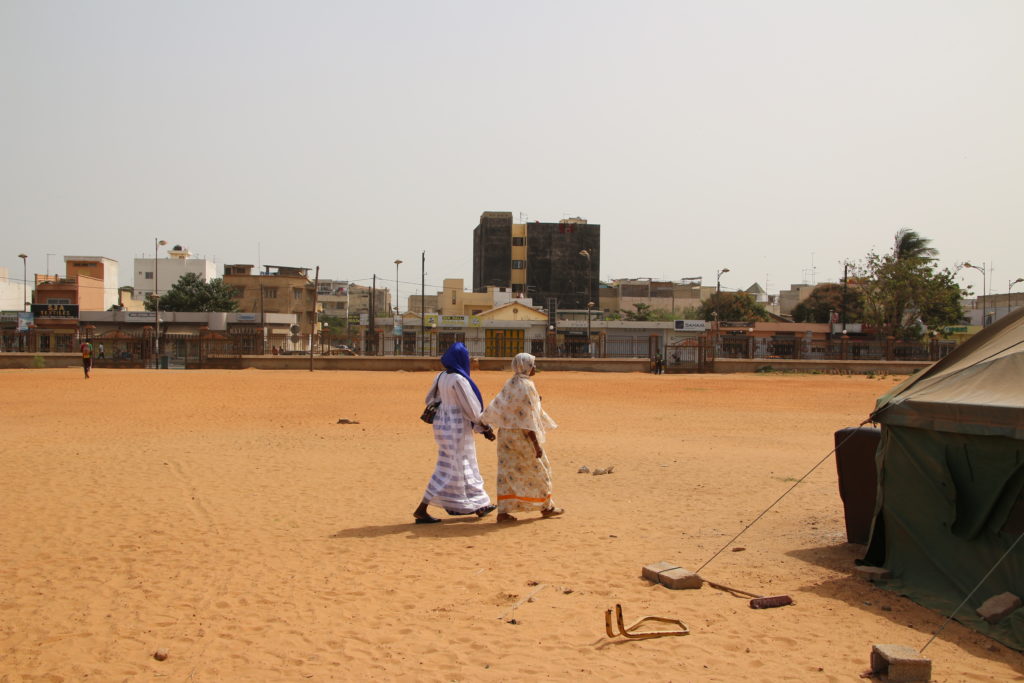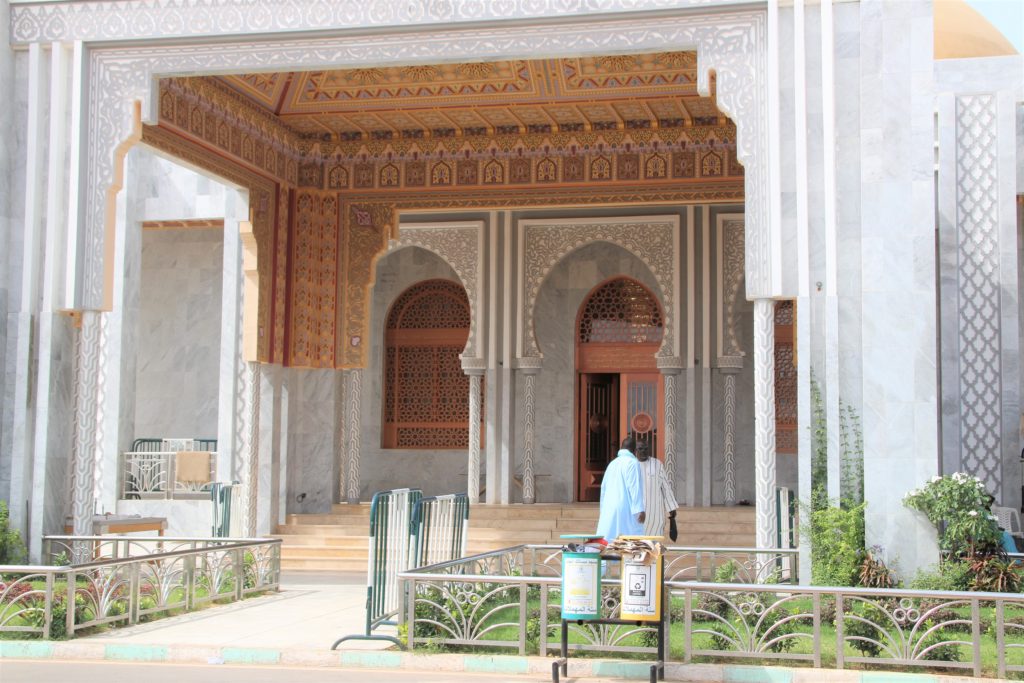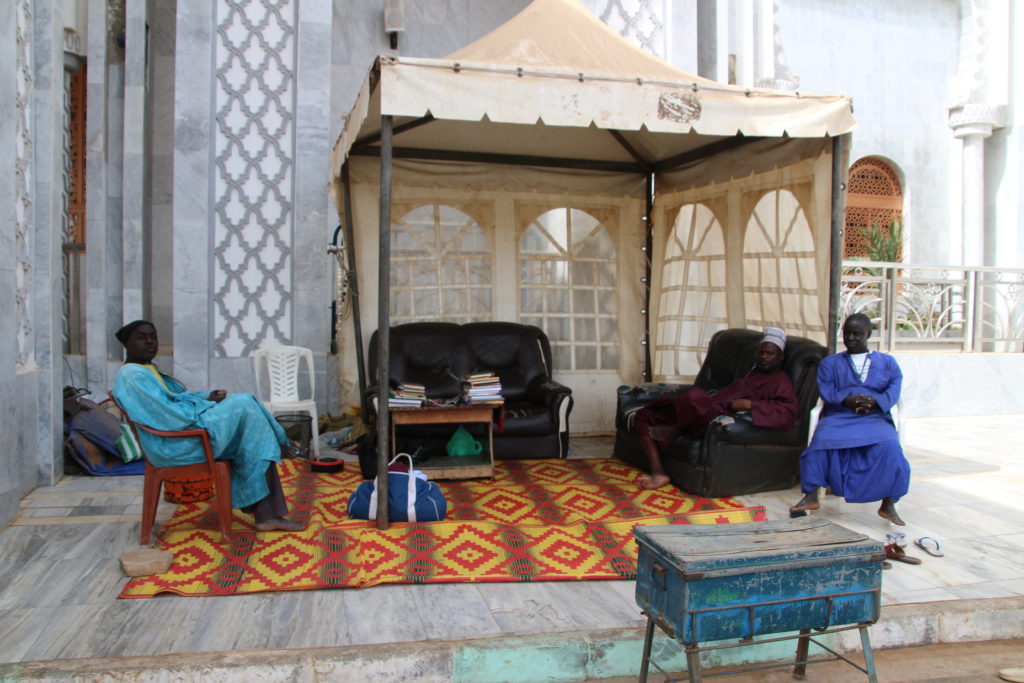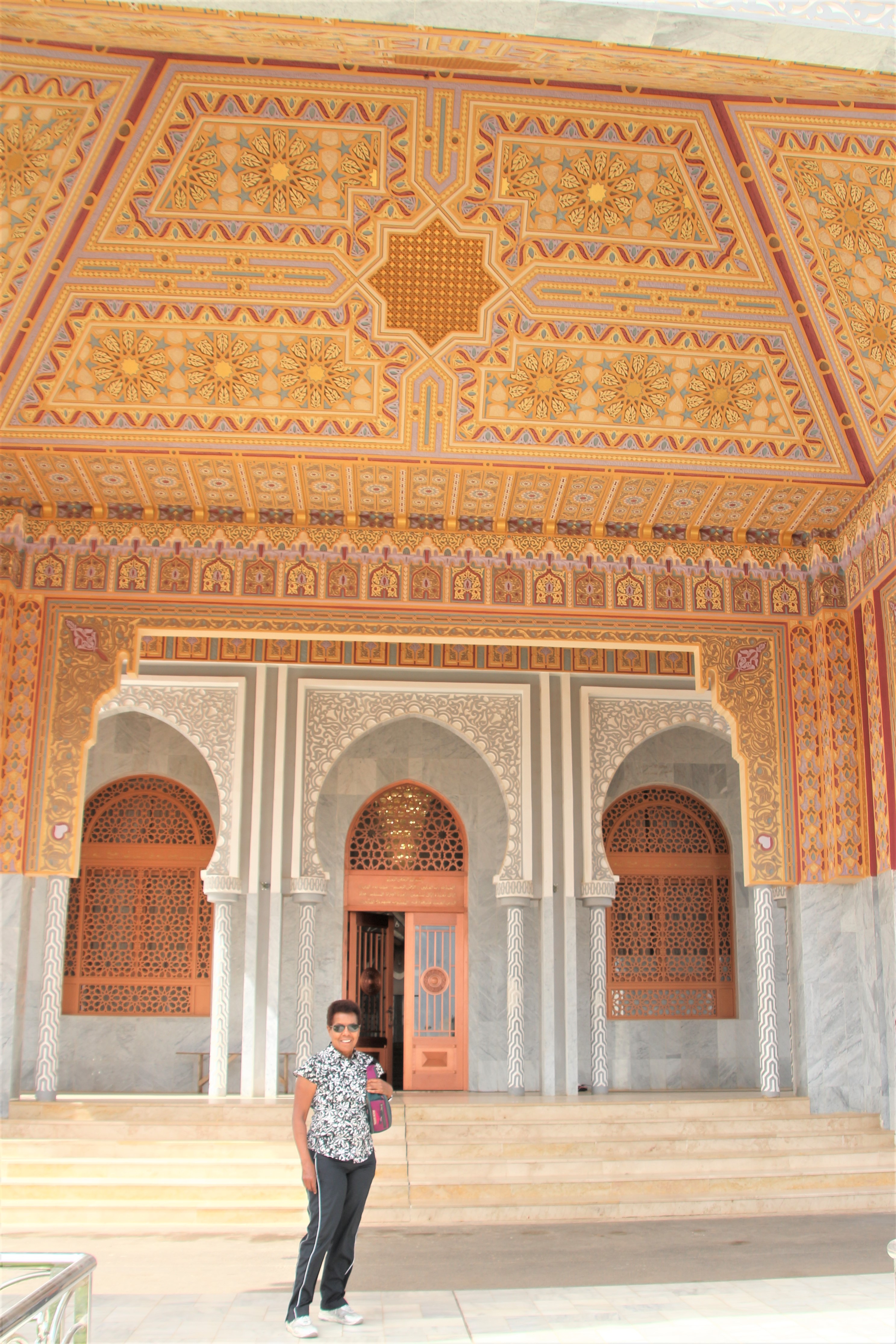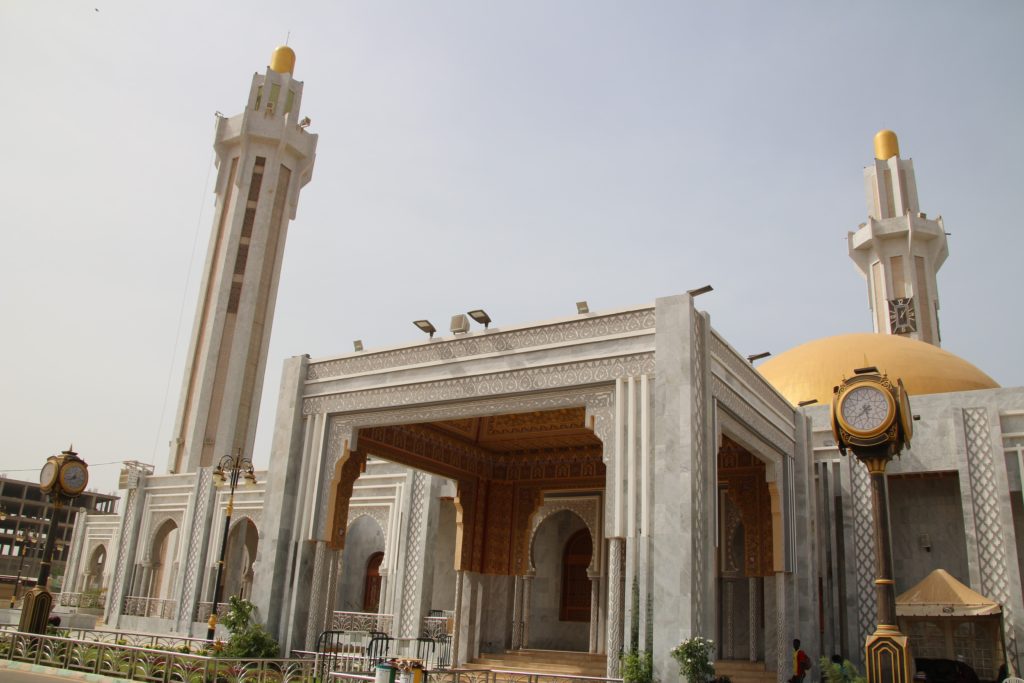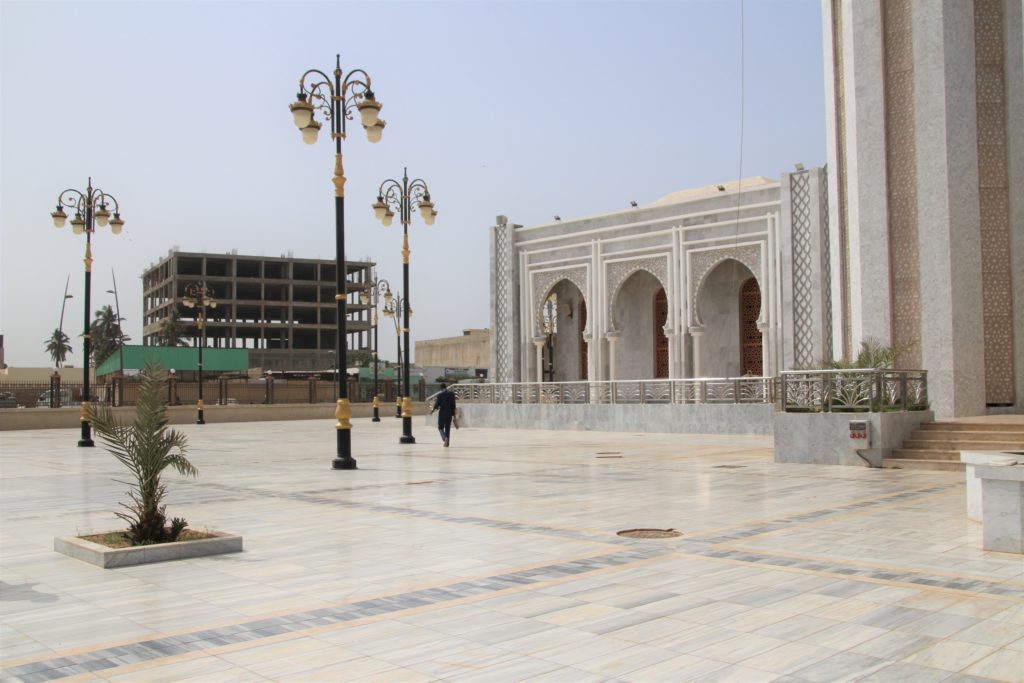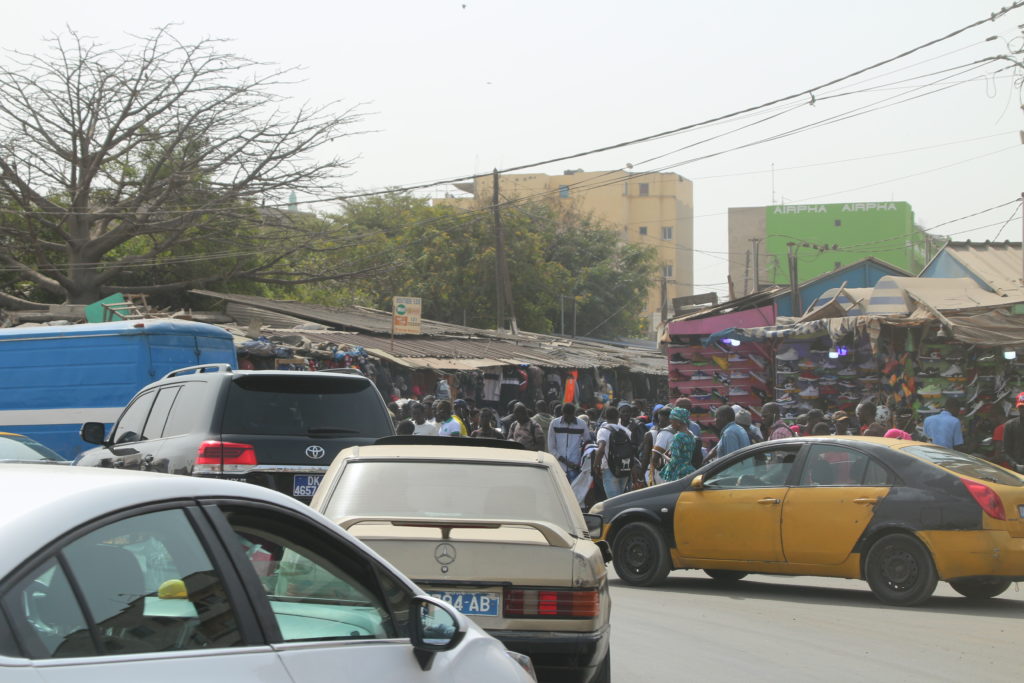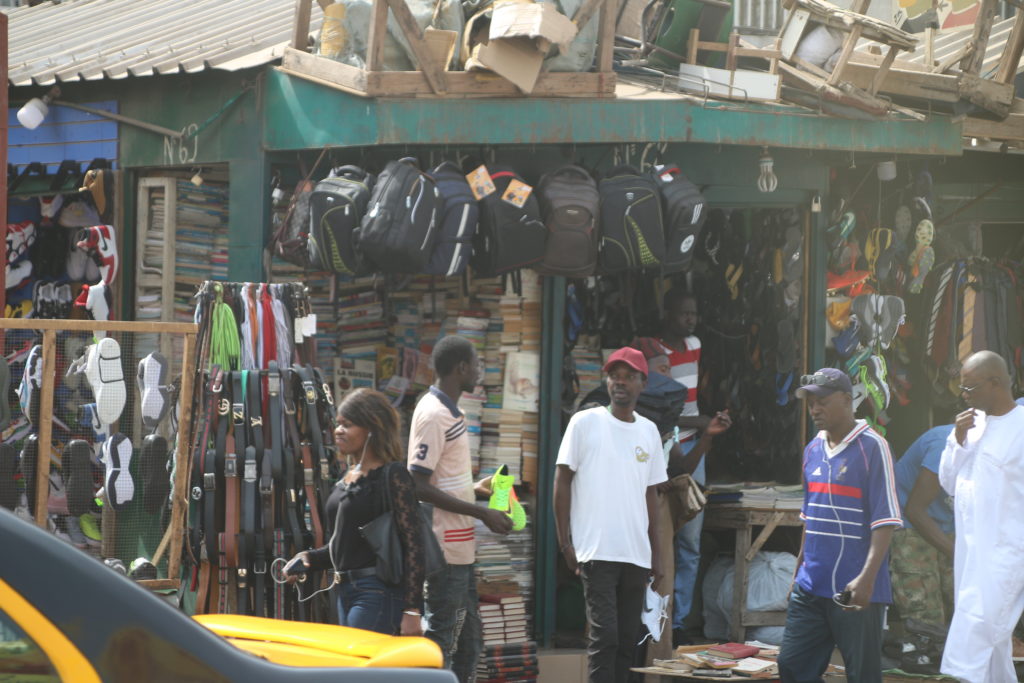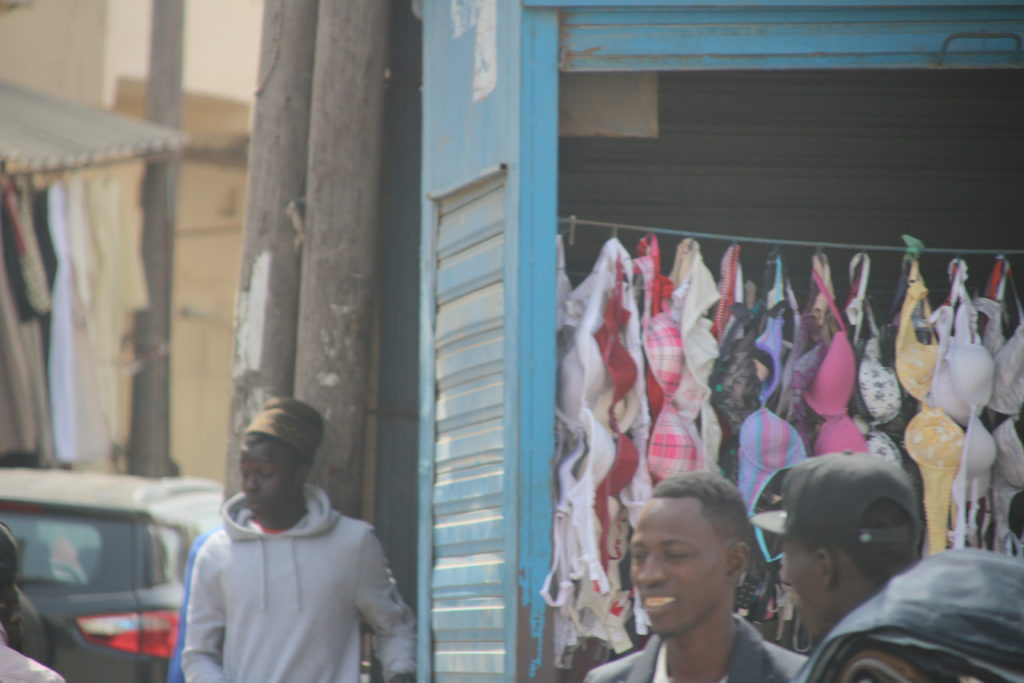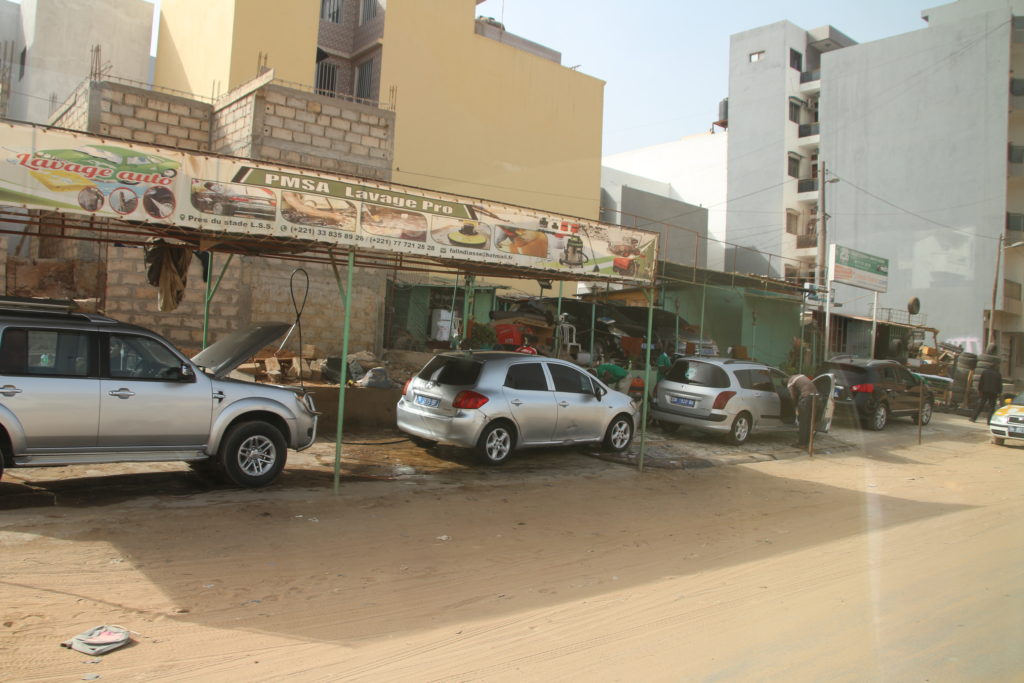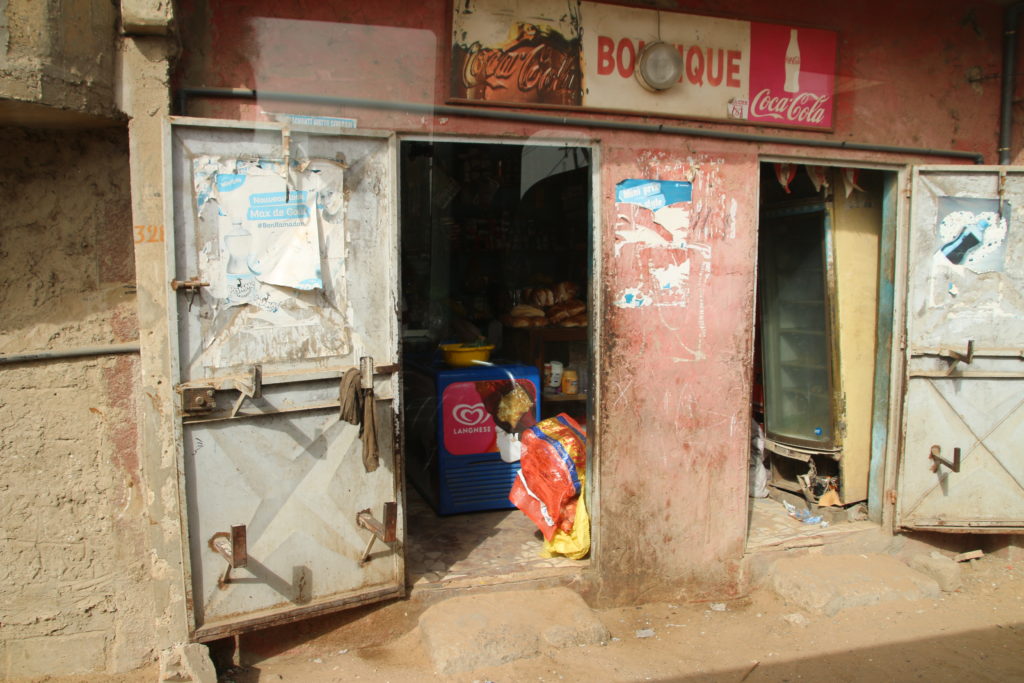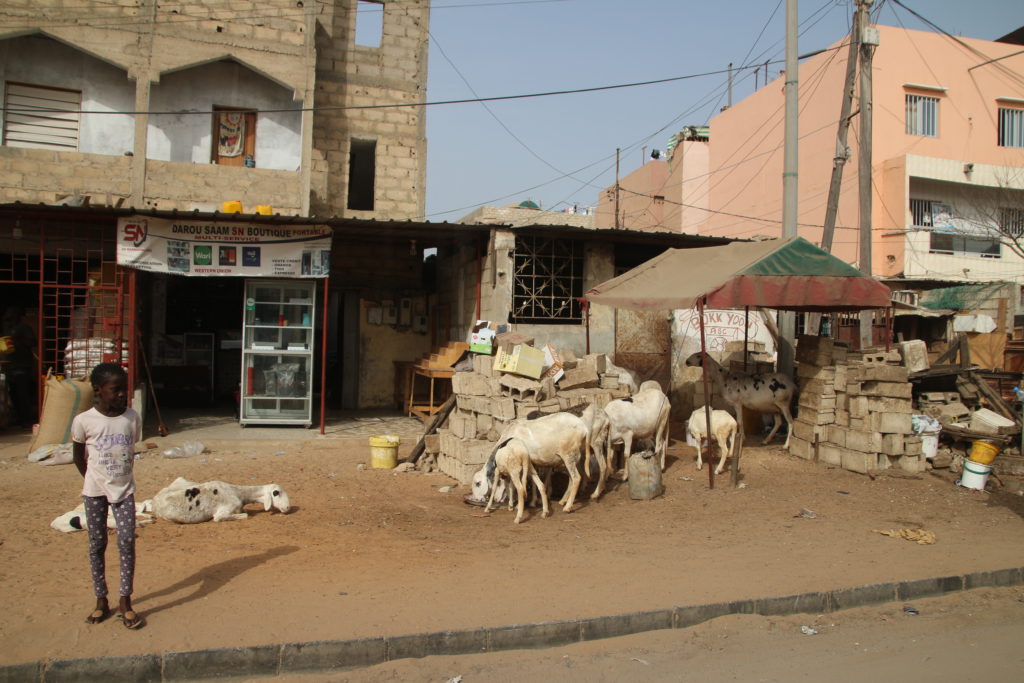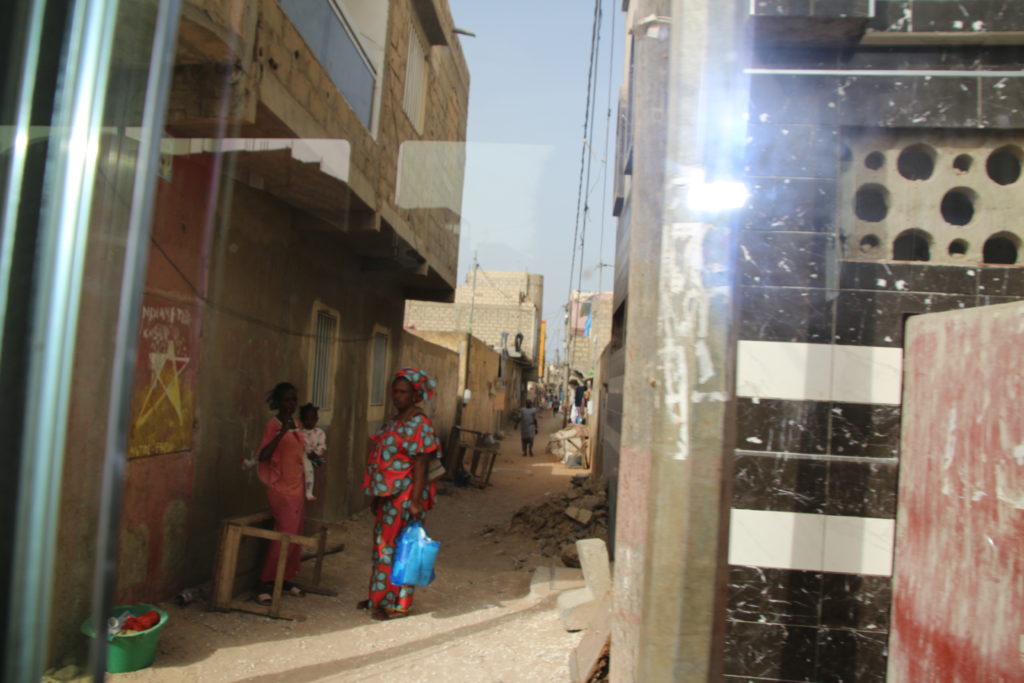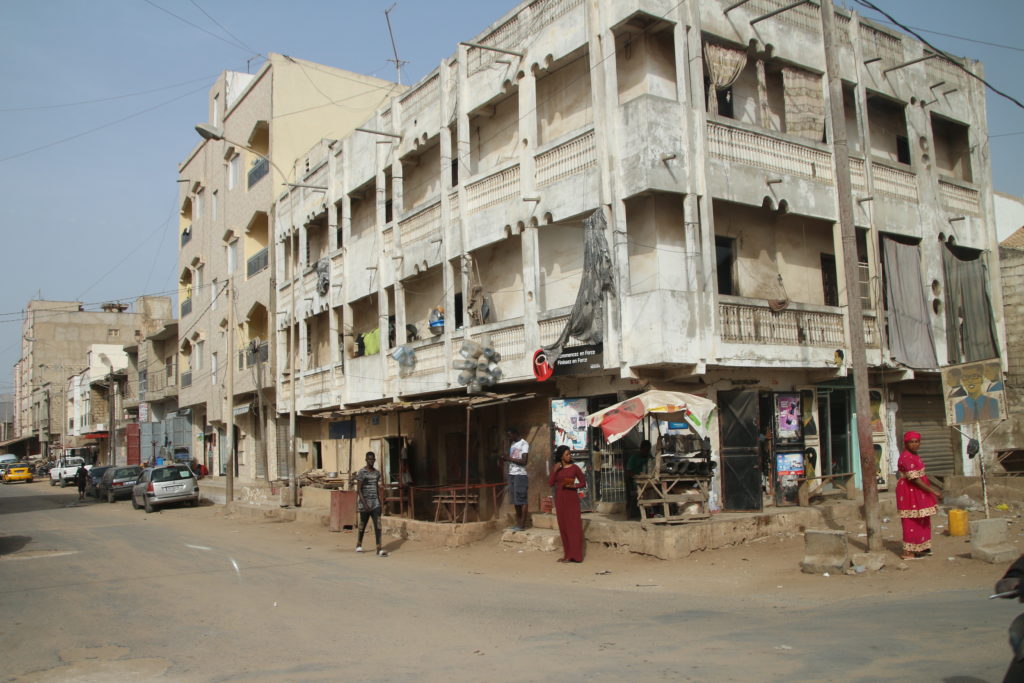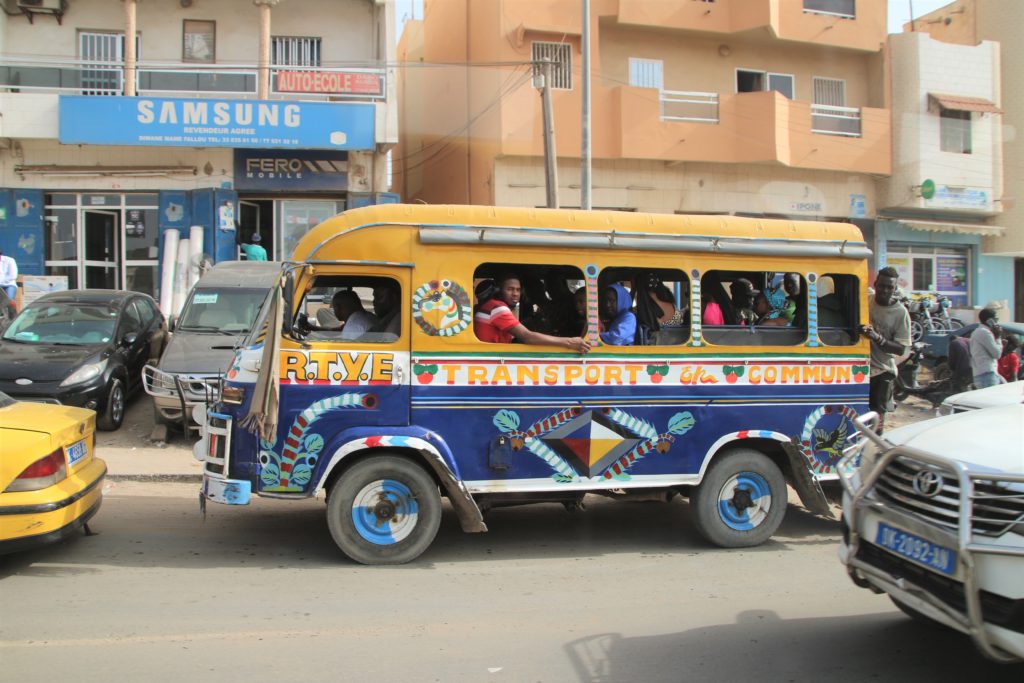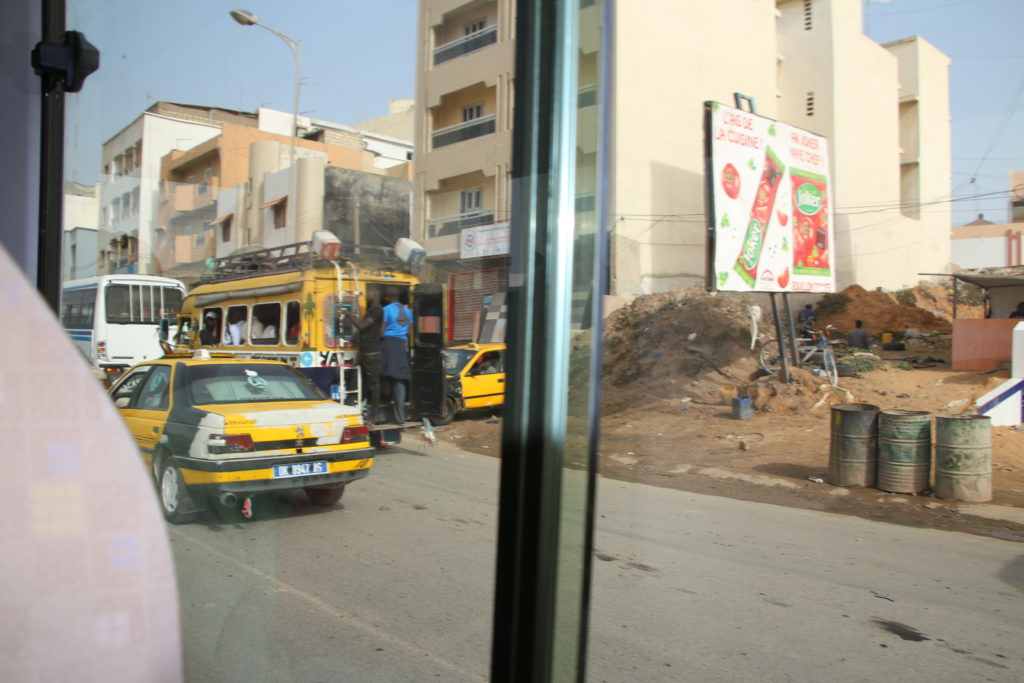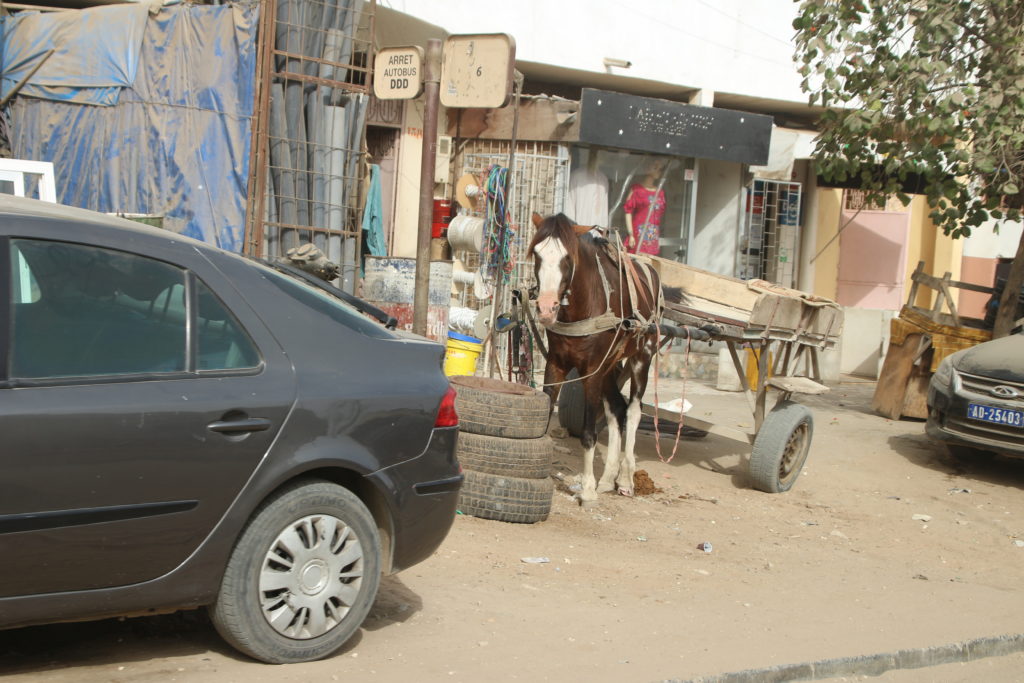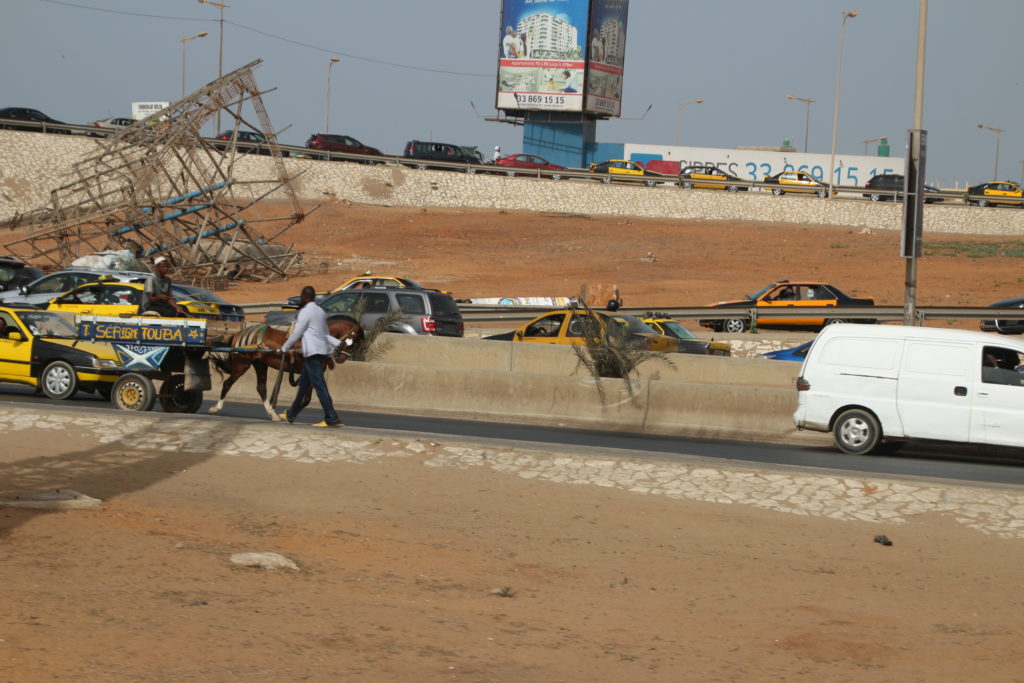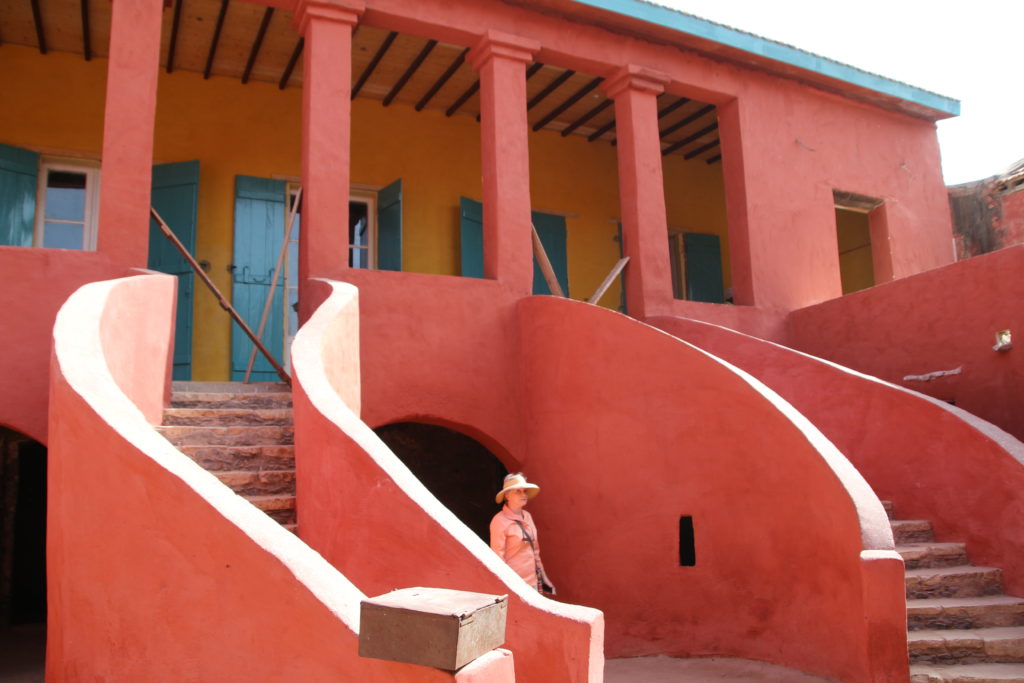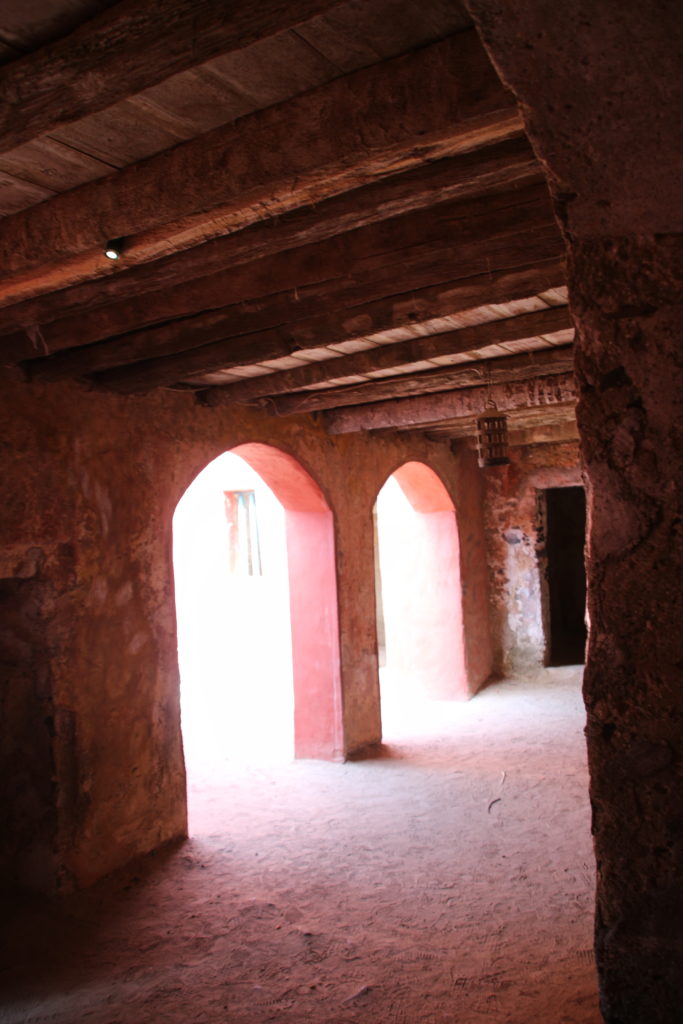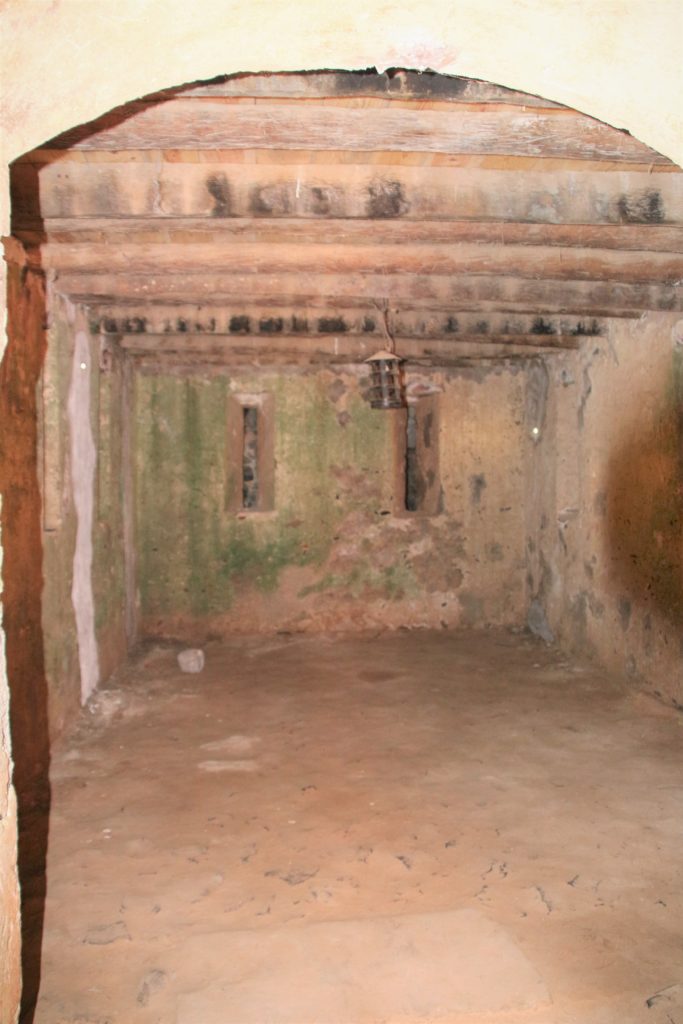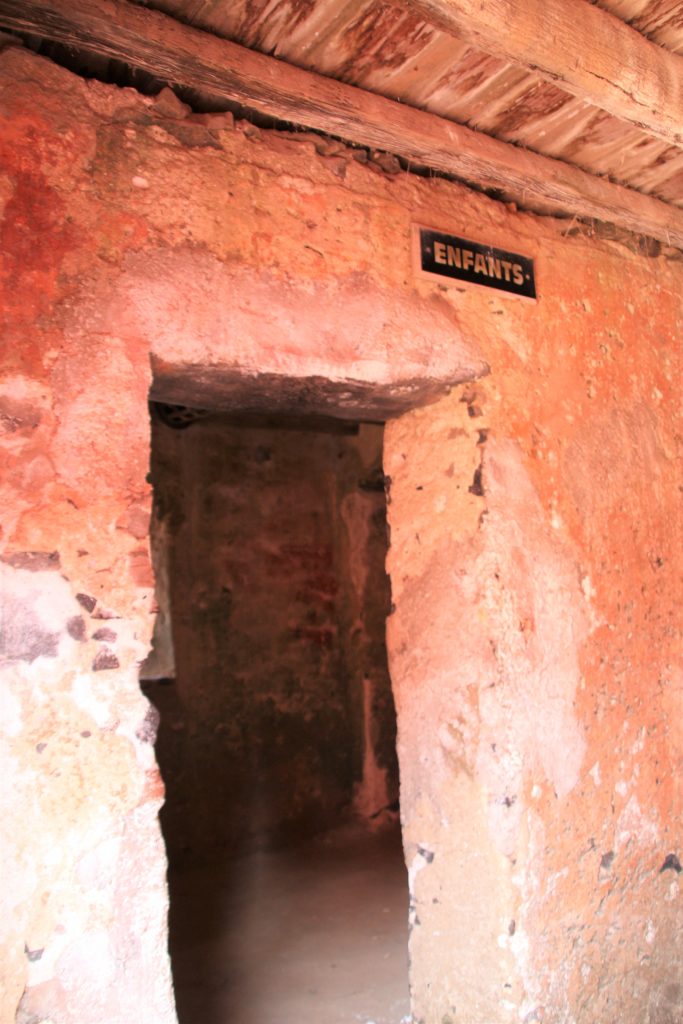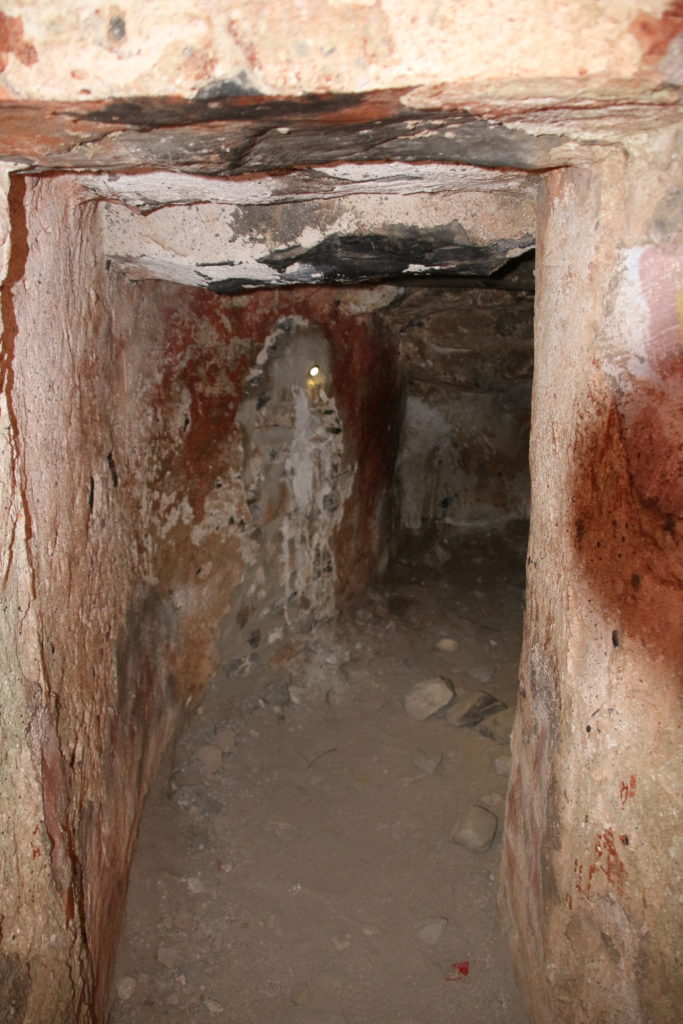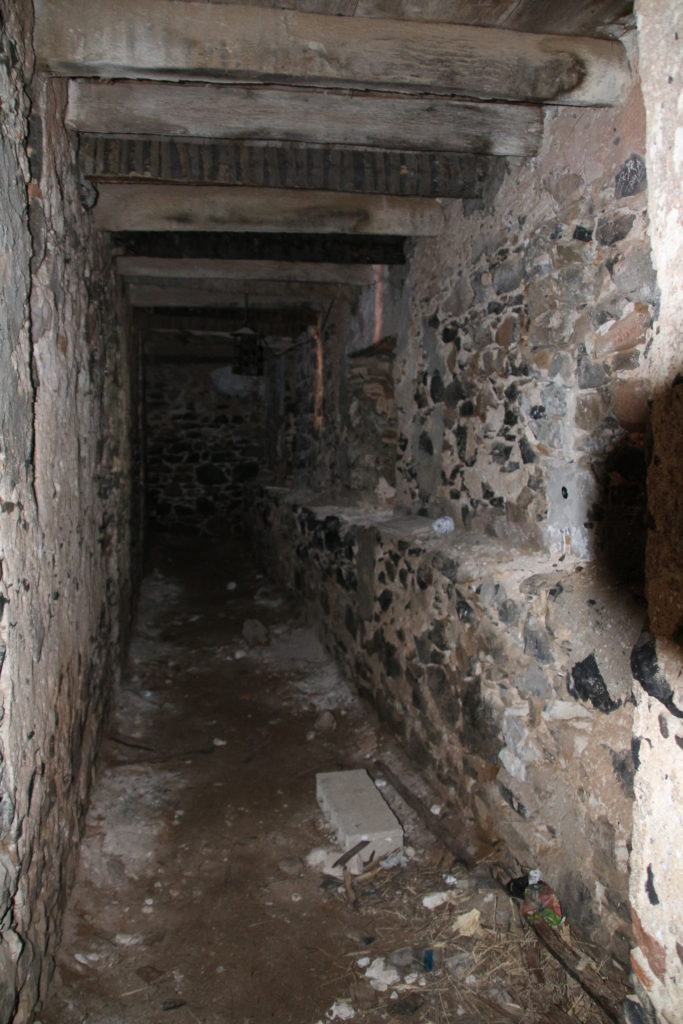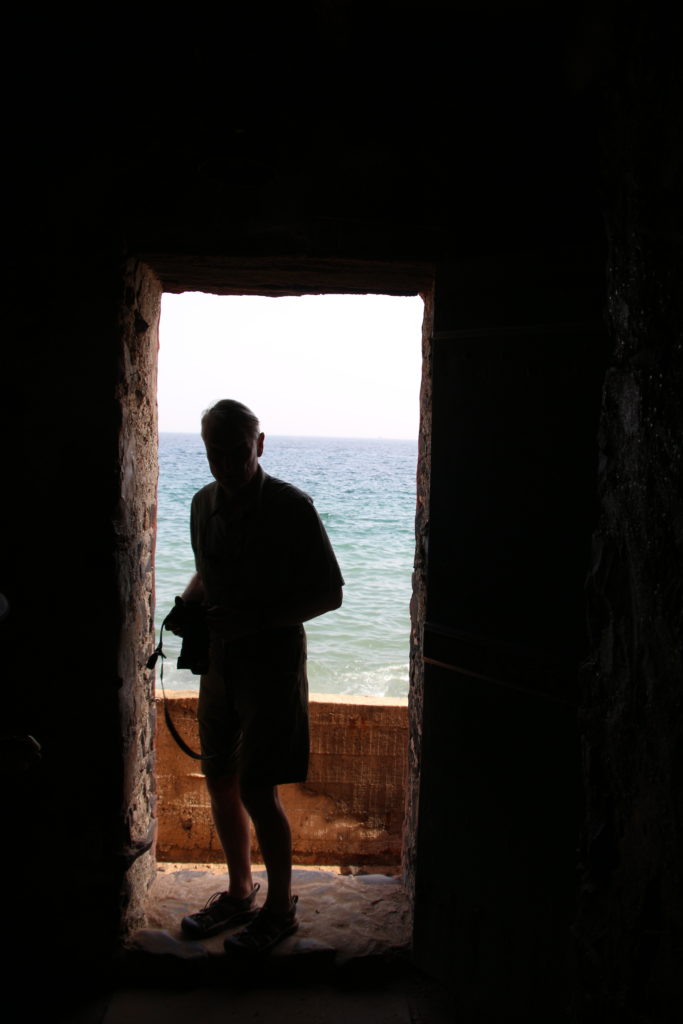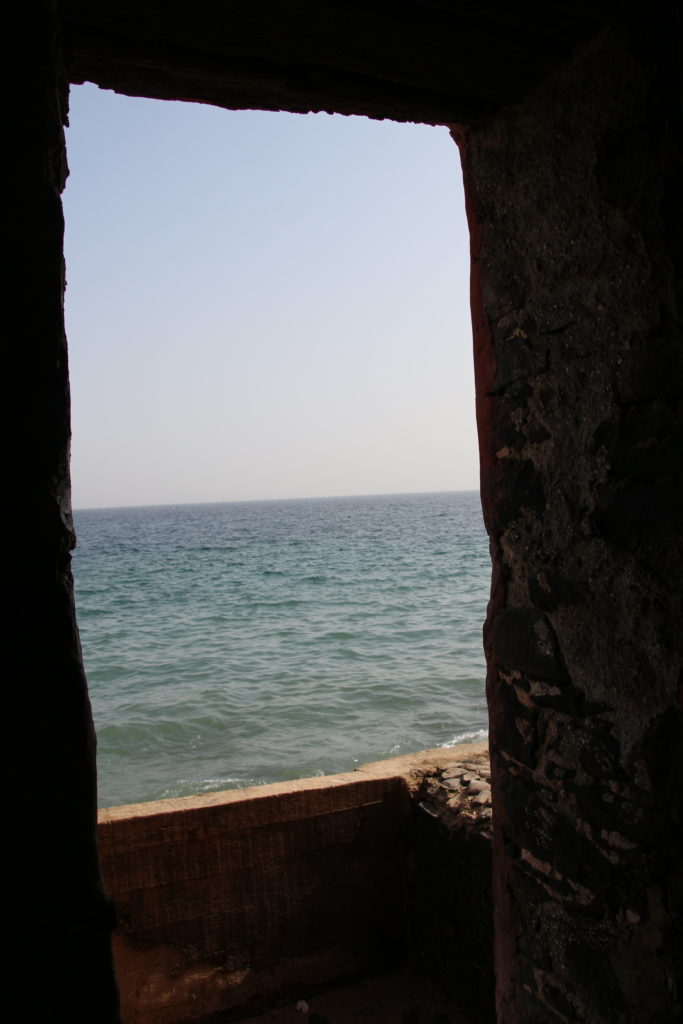We were in Ivory Coast for one day. We docked at Abidjan, a city of about 5 million people. That is about 20% of the national population. It is not the official capital of the country, but it is the major economic center and functionally the international center. I elected to go on a cruise line supported excursion to Grand Bassam. This is a small town about 1 hour’s drive outside Abidjan. The cruise line has a long-standing partnership with UNESCO. The ports of call always include site seeing venues which are UNESCO World Heritage Sites. Grand Bassam is one such. During Ivory Coast’s 19th century French colonial period this was a prosperous regional capital. It was an architecturally beautiful town of French colonial buildings. Many still exist but are in moldering shambles. As a world heritage site, they hope for UNESCO support to rehabilitate these wonderful buildings and make the town a world class tourism site. So far very few have been repaired. In 2016 it was the site of a terrorist attack on a hotel which killed 22 people. I and about 60 fellow travelers went to see.
The first thing I noted was the armed police escorts which met us at the pier. There were fine, uniformed police officers on equally fine motorcycles with lights and sirens. My bus was part of a two-bus caravan. Pedestrians and motorists alike parted way and gawked to see who these apparent VIPs were. Traffic was dense and chaotic. Along the way, the second bus fell behind and got separated from the escort. The main escort officer pulled my bus to the side of the road in a business district on the outskirts of the city and apparently called his supervisor for back up. We waited there for about 45 minutes until the supervisor, in a police pickup truck, found the second bus and escorted it back to us. The second driver got quite a dressing down from the police supervisor and then again from the motor cycle officer. There was never any evidence of danger or hostility towards us, but we were not allowed off the bus while we waited. Local people either ignored our presence or tried to sell us their wares at the bus windows. These were local businesses, not tourist shops. There were food stalls and household goods. There were many shops that manufactured hand made furniture and art. Since there were so many, I think they may have been wholesalers.
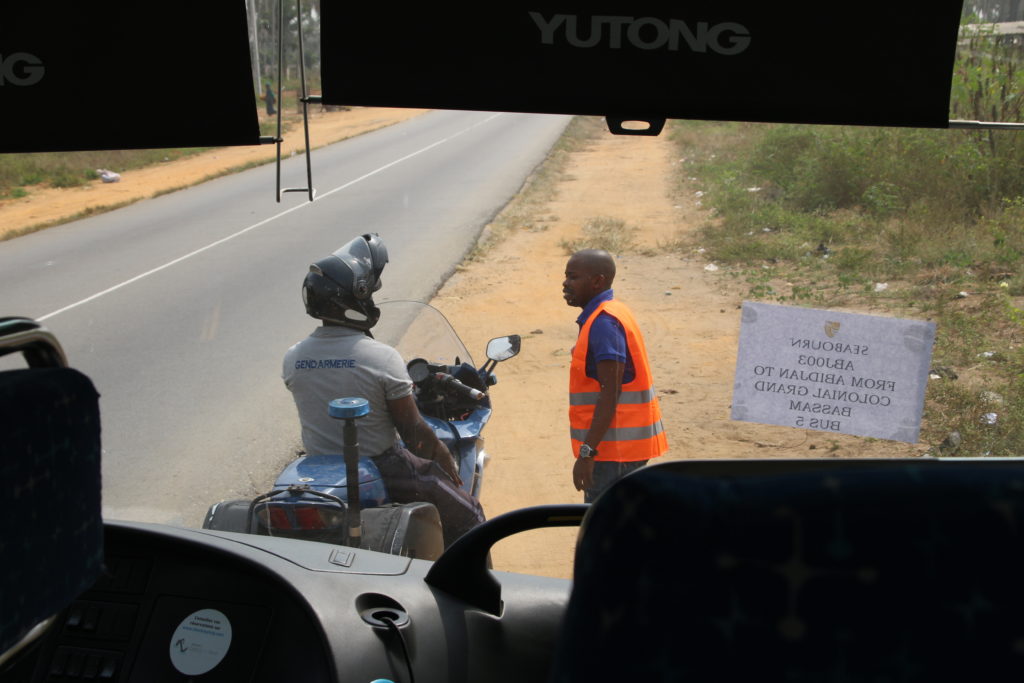
2 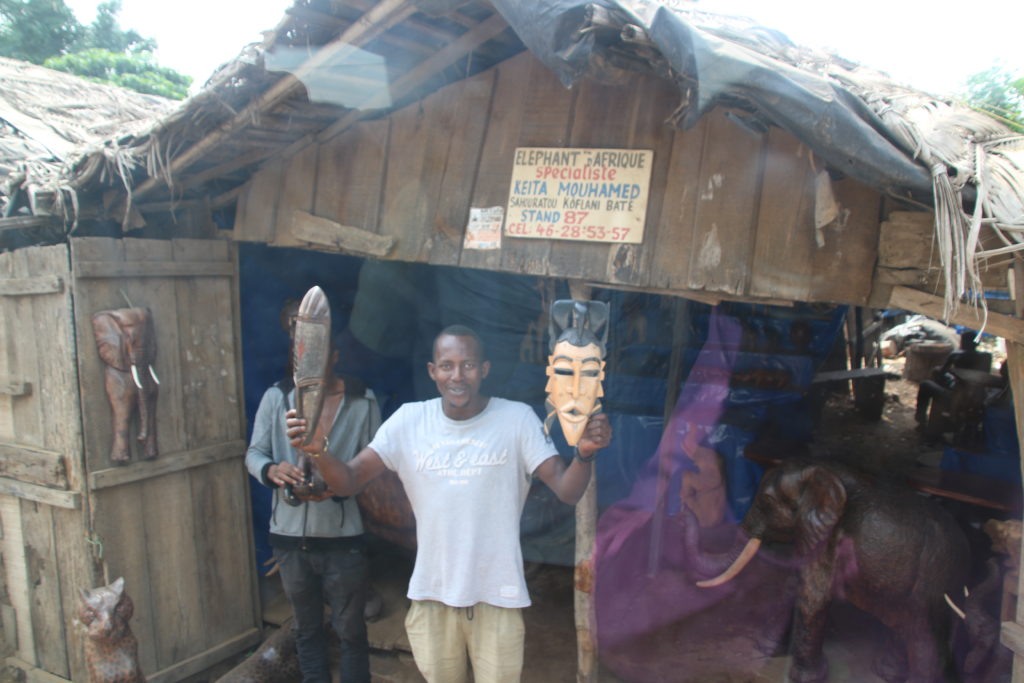
3 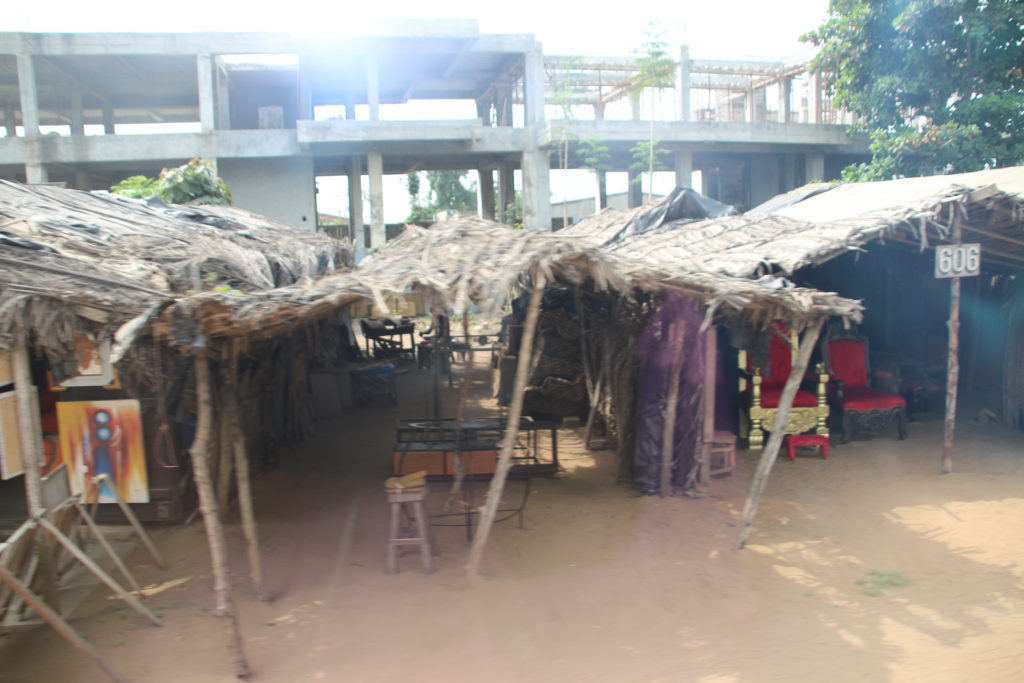
4 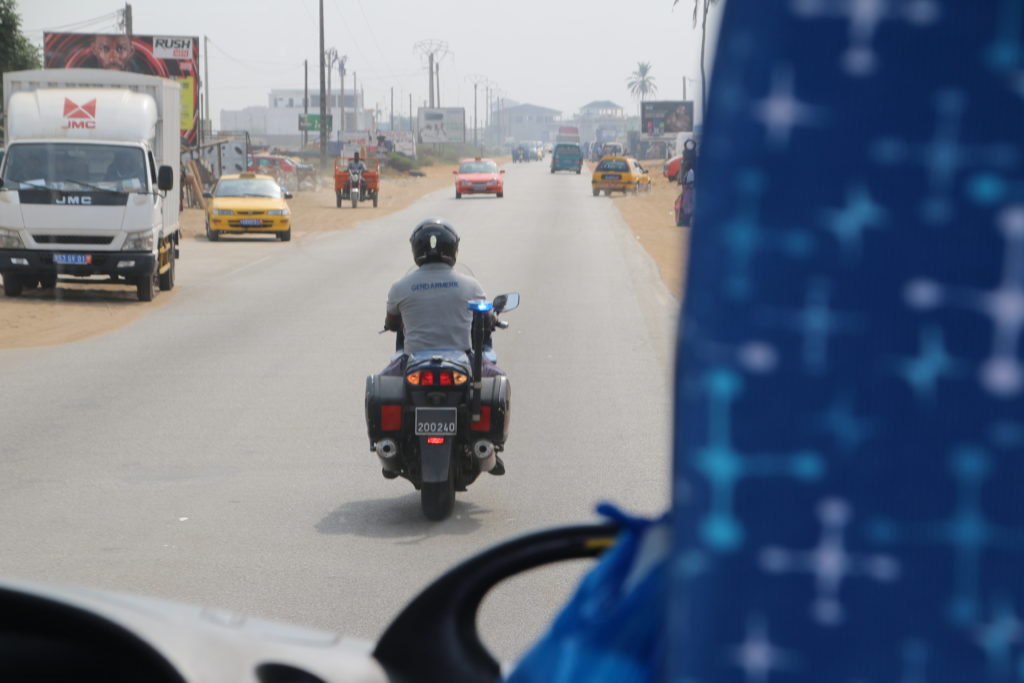
1
Grand Bassam colonial buildings show the ghost of their glorious past. Many are abandoned. Two have been repurposed to art an art gallery and a crafts center. The gallery showed paintings by local artists. There were paintings with traditional African themes and there were beautiful modern abstract paintings as well. The curator of the art gallery would not allow photographs. Even if he had allowed them, it would have be a challenge to get good photos because the building was so dark. I was puzzled about this, until I realized that the building had no electricity. The crafts center allowed photos and the building had electric fixtures but none were lighted. A gentleman sat outdoors working with an old fashioned hand loom. On display around him were his own exquisite hand made textiles. I set out to buy one. Of course we had to negotiate a price. This was complicated since he spoke only French and CFA’s (Central African Francs) and I spoke English and US dollars. He wanted more than I was willing to pay for a large piece. It was worth every penny he asked but I did not have that much money with me. I selected a somewhat smaller piece and with the help of an interpreter we agreed on a price. Once we had closed the sale, the weaver told me he was happy I got that piece, because the first one I tried to buy was a traditional pattern that was really meant for a man. The one we agreed on was far more suitable for a woman.
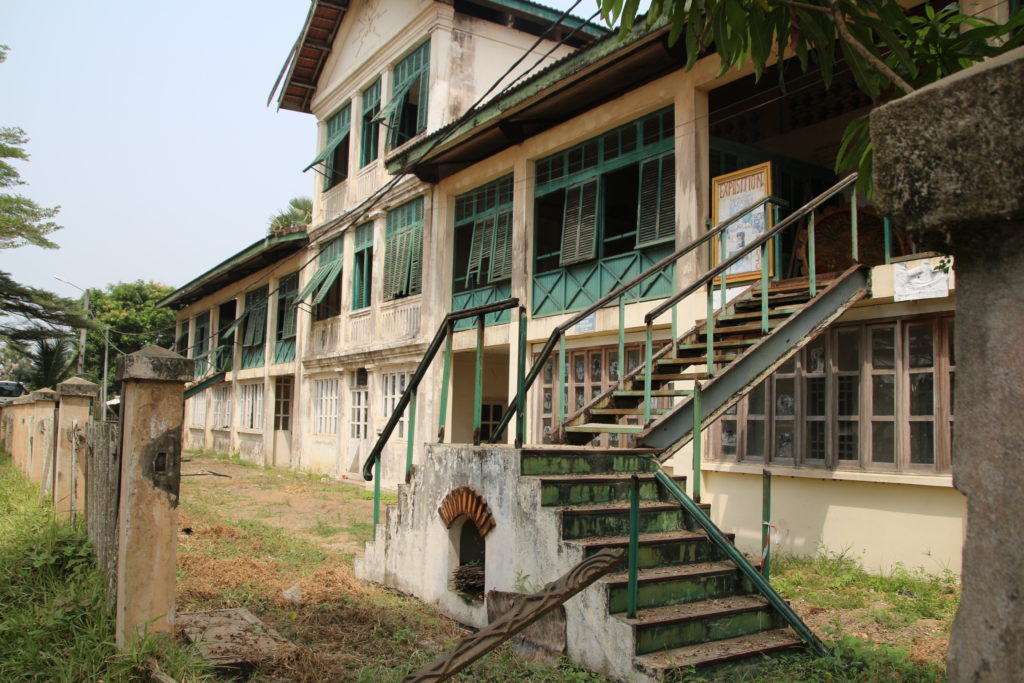
1 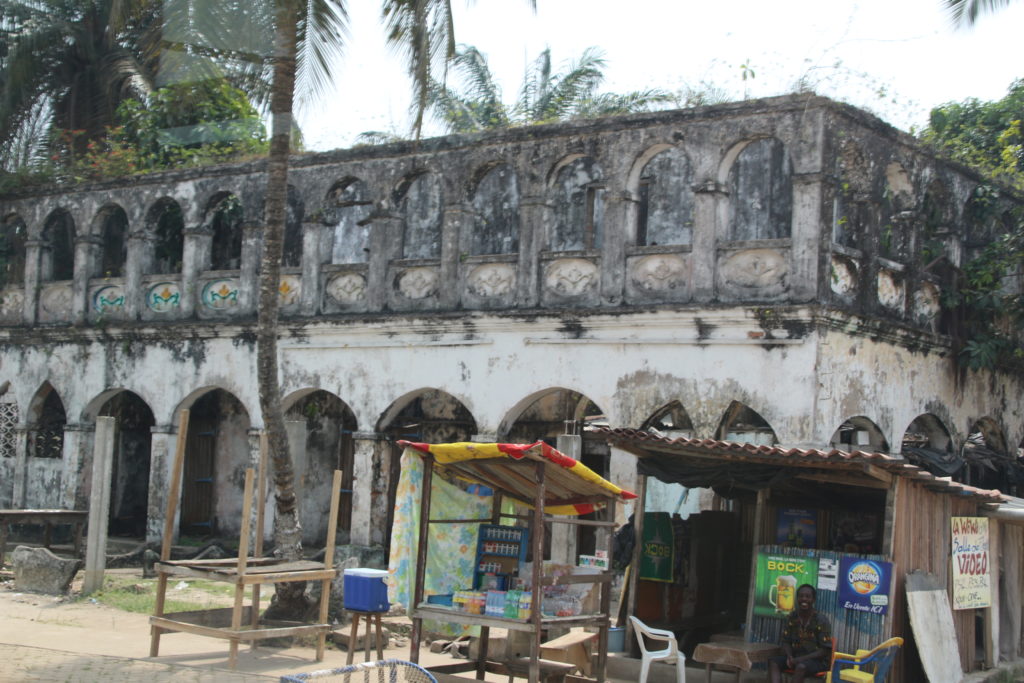
2 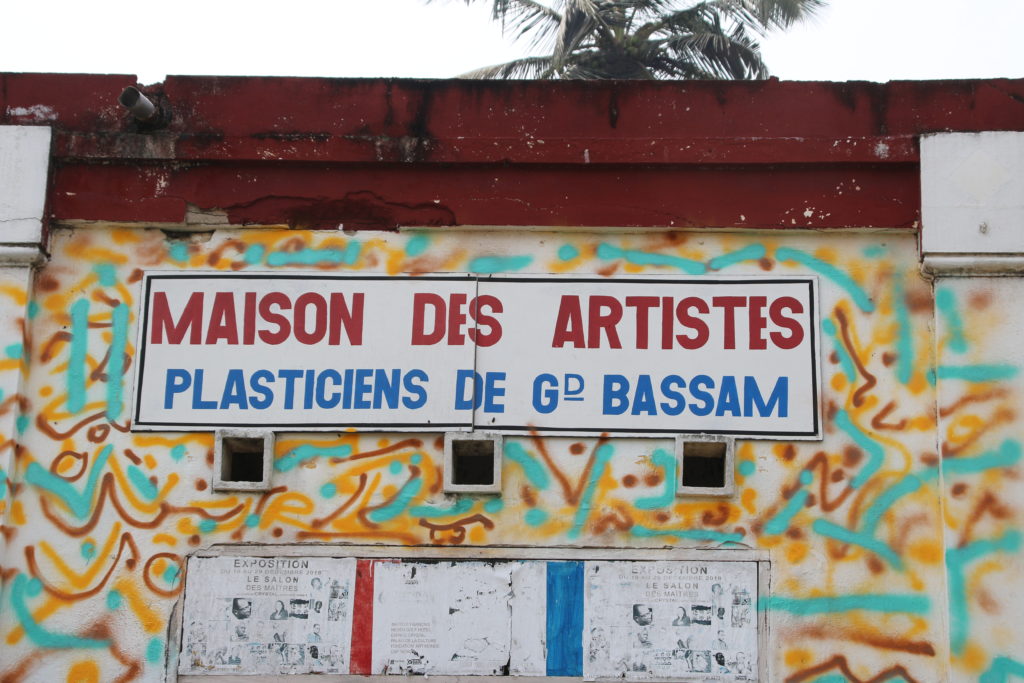
3 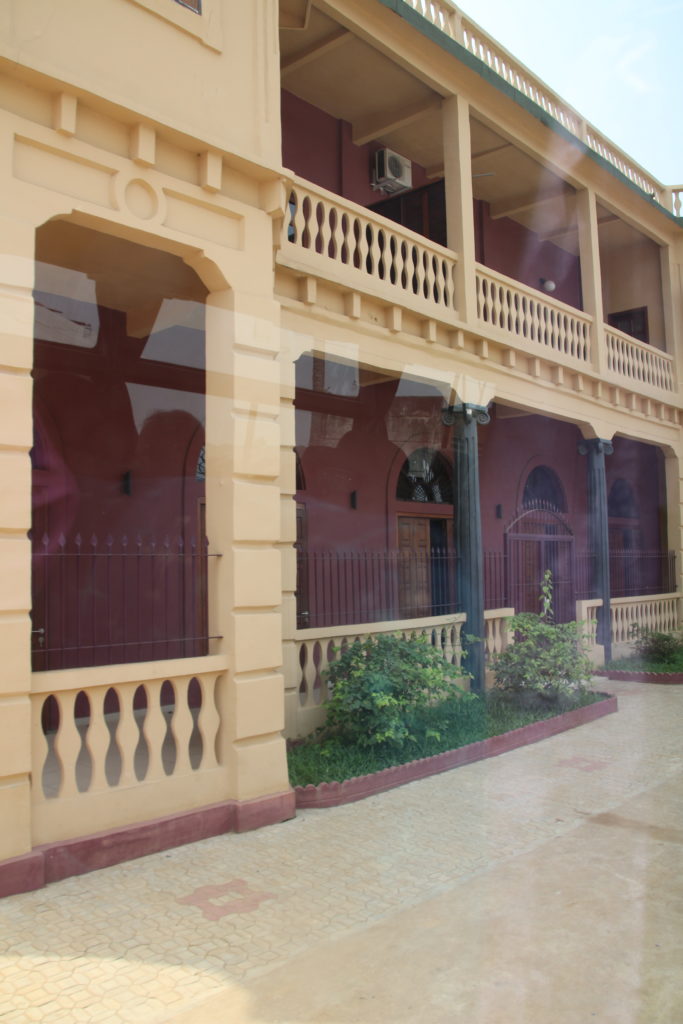
4
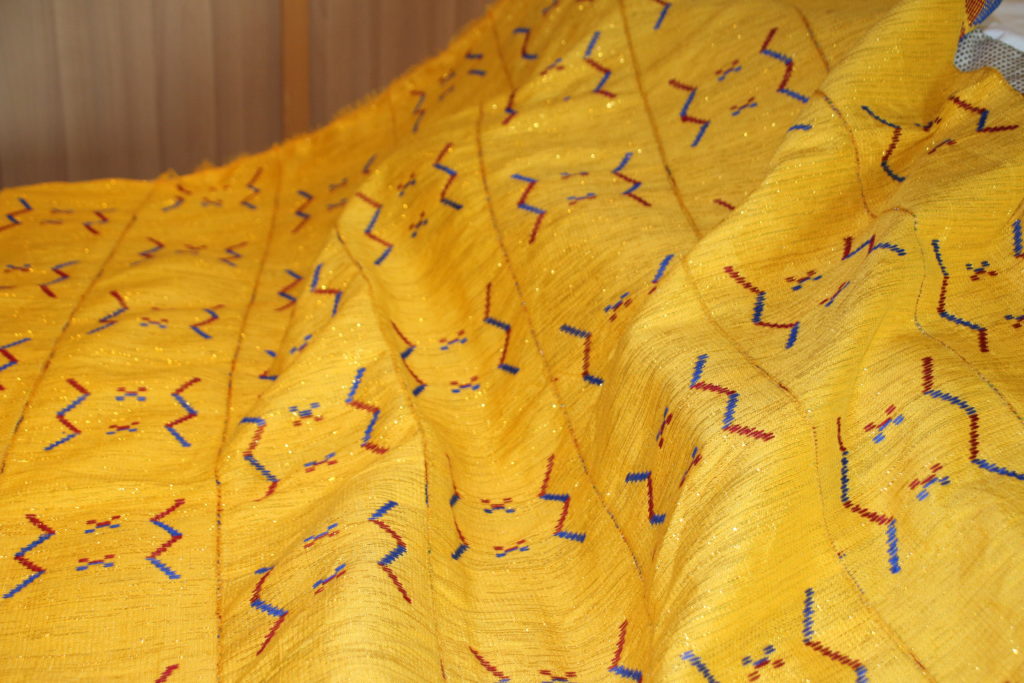
DAILY LIFE IN GRAND BASSAM
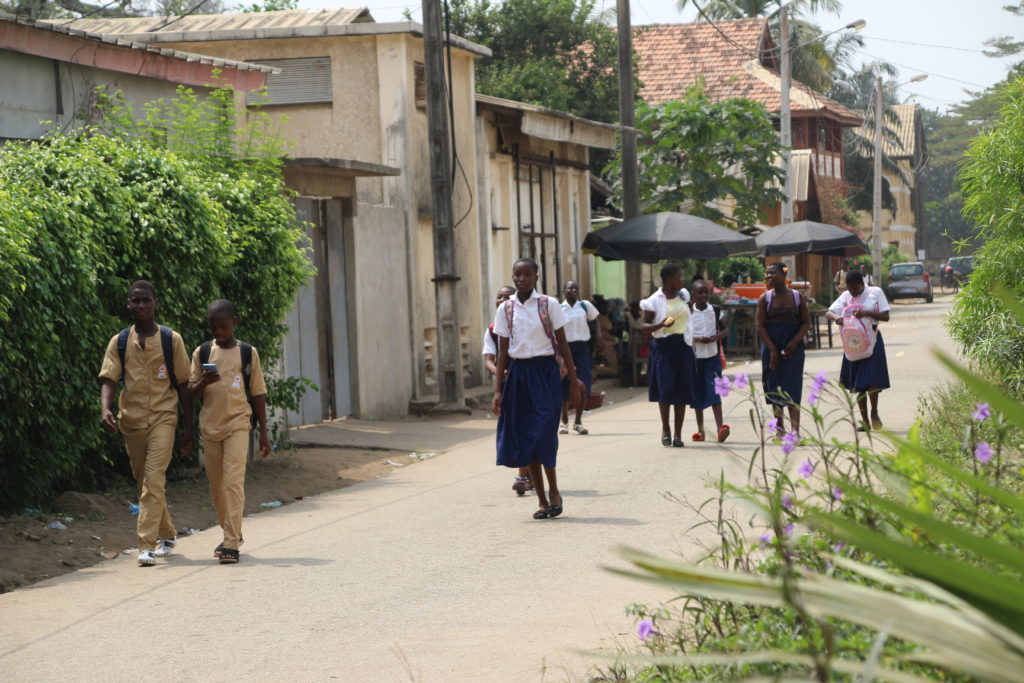
1 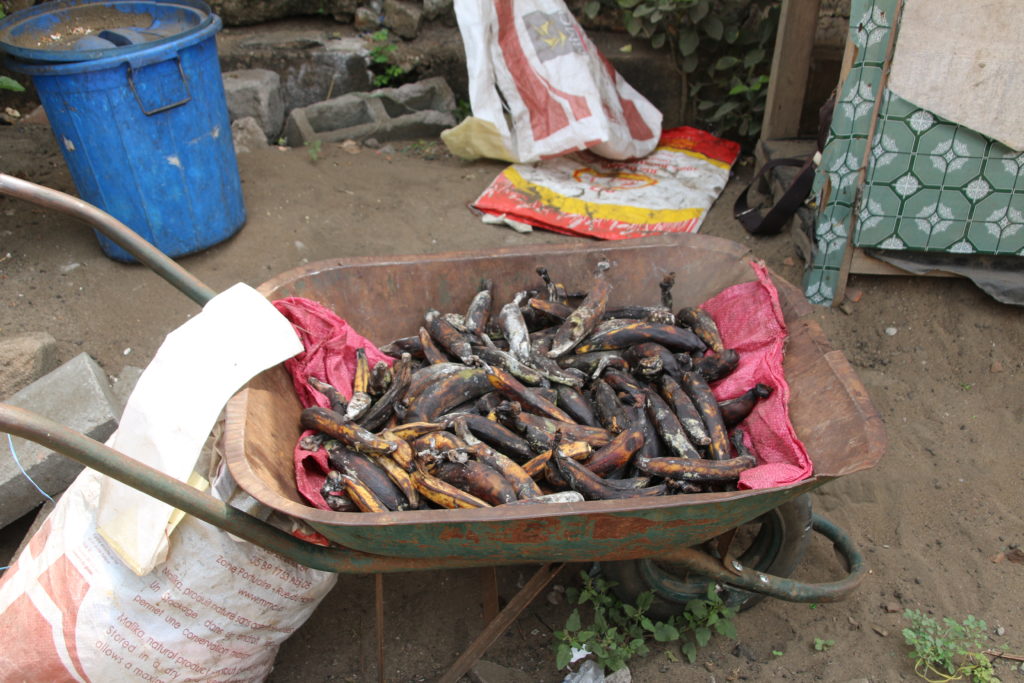
2 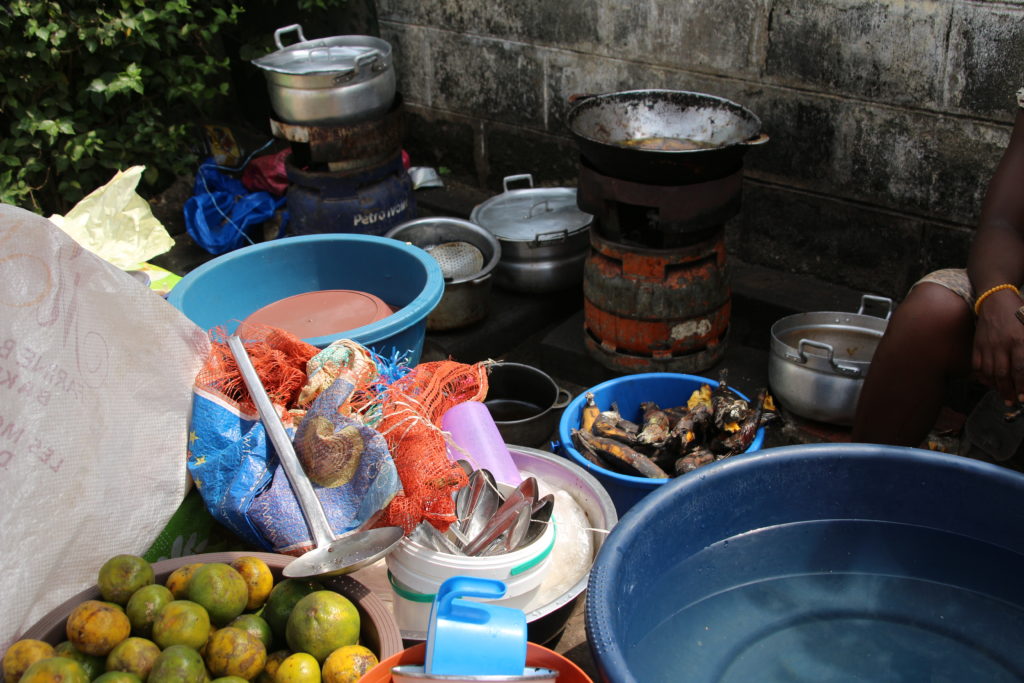
3 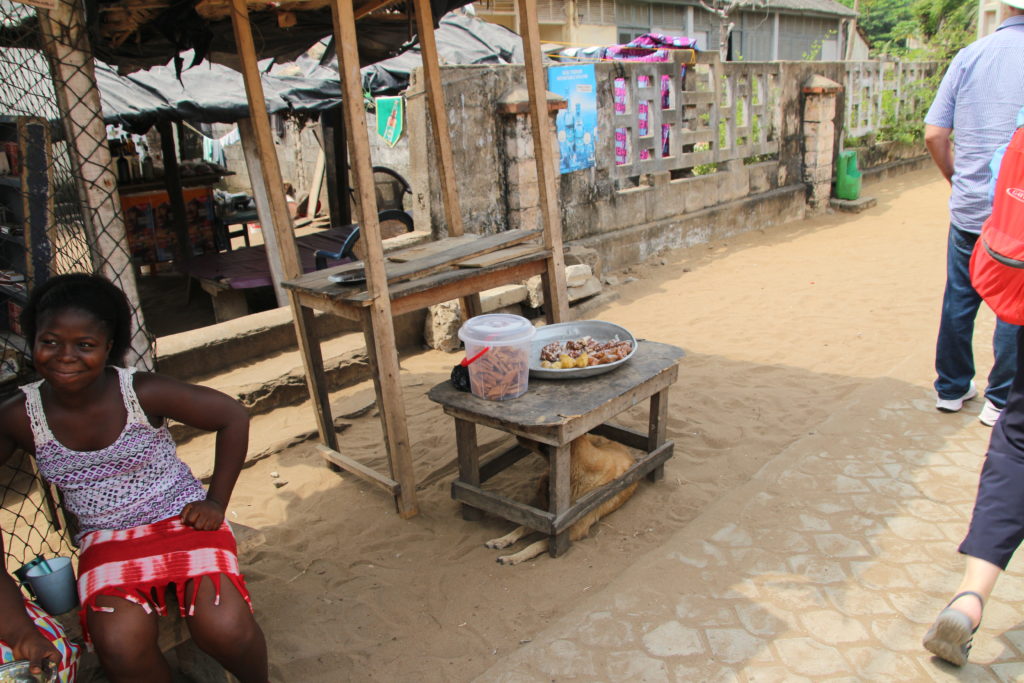
4 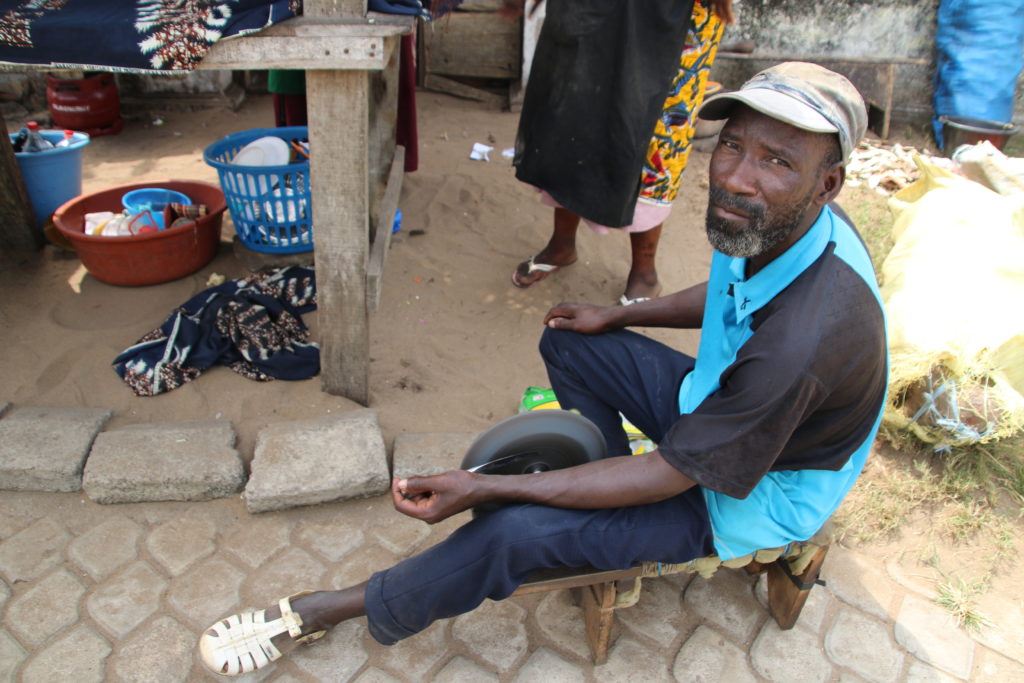
5
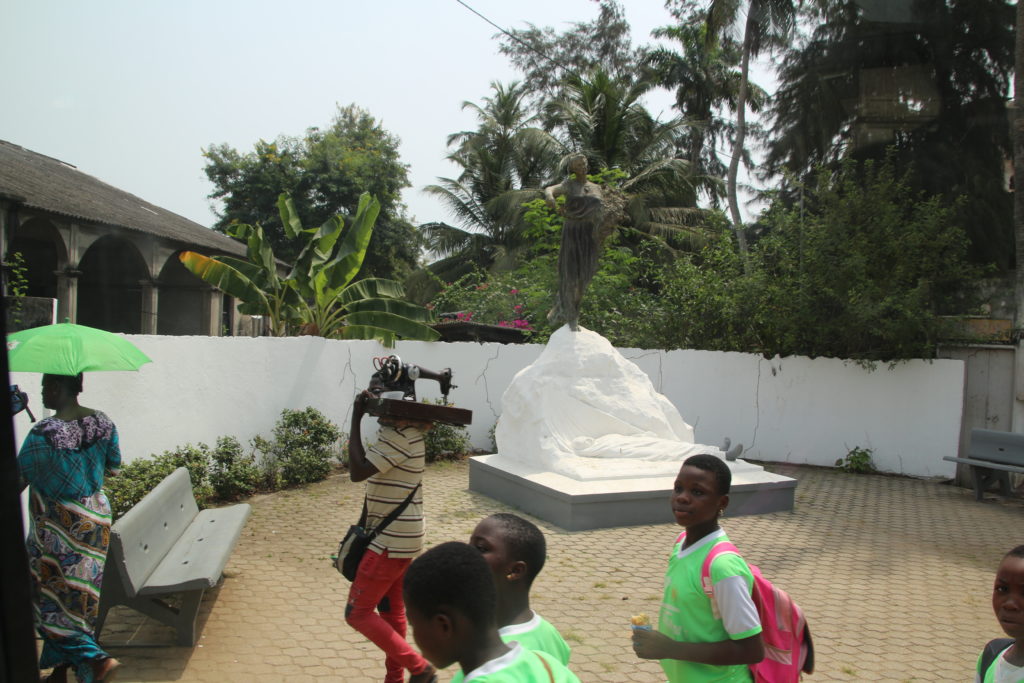
Neighborhoods
WARNING: THE LAST PORTION OF THIS POST MIGHT BE DISTURBING.
Very sadly during our bus ride back to the pier, we witnessed a tragedy. There was a traffic accident in which I believe someone was killed. This large city has chaotic roundabouts with vehicles 5 or 6 lanes deep jostling for position, exiting, and entering. I did not witness the impact but others seated just in front of me did. Reportedly a young man on a motor bike collided with a pedestrian trying to cross such a roundabout on foot. I saw a woman who witnessed the event, faint. Then I saw a young man, (I believe the motorbike driver) unresponsive, lying on the pavement. Grave injuries were evident to me even from the bus. Our police motorcycle escort stopped the bus, walked over to the motionless man. The officer stopped traffic to prevent the young man getting run over and he moved back the gathering crowd. The officer walked back to the still unconscious man and visually inspected him. From my vantage in the bus, I thought he was dead or dying. He had a bleeding head injury and clearly multiple fractures. My first inclination was to get off the bus and render first aid. There was at least one other physician on the bus. He did not move. Neither the bus driver nor our guide moved or open a door. I sat myself back down. There was an excited crowd out there who spoke only French. The police officer was on his cell phone calling, I presumed, for an ambulance. Soon another police officer appeared. Someone brought a large piece of cardboard and to my amazement they rolled the unresponsive man onto the cardboard and drug him to the side of the street. I saw but did not hear his screams as the pain of moving him must have aroused him to conscious. He flailed his fractured limbs and then lay still again. Our escort got back on his motorcycle and soon we were on our way again. All of this happened in about 20 minutes. I saw no first aid. I saw no EMT’s. I can only hope, but I actually doubt, that the young man got emergency trauma surgery, survived his injuries, and will be able to be rehabilitated. I suspect he died at the scene. Once again I was grateful to escape to my floating bubble of luxury, but I was deeply disturbed.
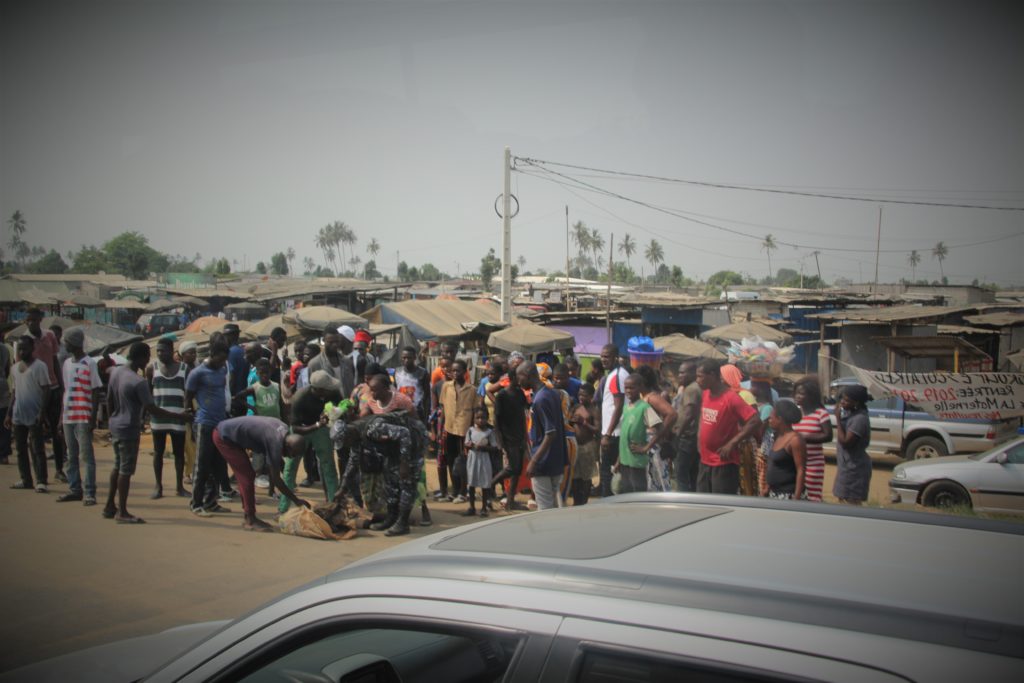
This, I assure you Gentle Readers, was the nadir. At least I hope so. Things progressively improved as we sailed further along the West African coast. How could they not?
Linda
